








Volume 74 Number 03 • May–June 2020
The Publication of the California Veterinary Medical Association
Publisher Valerie Fenstermaker
Managing Editor Kristen Calderon
Editor Trisha Consunji
Pacific Veterinary Conference in San Francisco, June 18–21, 2020
More than 245 CEUs are available for veterinarians, veterinary technicians, veterinary assistants, and practice managers presented by world-class speakers in 15 tracks. Attend the most current CE sessions; special events like the Legislative Luncheon, Gala Awards Ceremony, and President’s Reception; and the Vet Expo in exciting San Francisco.
*Watch for PacVet Live, offering interactive online content from PacVet, coming soon. See page 24 for more information.
California Licensing Curriculum Course, September 13–16, 2020
The California Licensing Curriculum (CLC) is a 3.5-day course designed to meet the requirements of the California Curriculum for qualified veterinarians to obtain a permanent veterinary license in California without taking the state board examination. Registrants can earn a maximum of 29.5 CEUs. See page 37 for more information.
CVMA Fall Seminar in Palm Springs, October 9–11, 2020
Education and relaxation are yours at this year’s CVMA Fall Seminar in spectacular Palm Springs. See page 36 for more information.
Earn CE with the CVMA Online Seminars

Below are our upcoming online seminar topics. Please refer to page 23 for dates and details.
Controversies in Oncology: Mask Cell Tumors
Free for CVMA Members
Just Another Day in Parasites! Why We All Hate
Giardia and Other Intestinal Protozoa of Pets Free for CVMA Members
Sponsored by
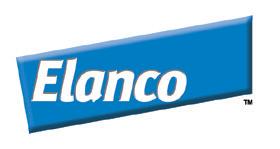
Registration for all CVMA events can be made online by logging onto cvma.net or by calling 800.655.2862.
For the timeliest CE information, visit Learning at cvma.net.
California Veterinarian (ISSN 00081612) is published bi-monthly by the California Veterinary Medical Association, e-mail: staff@cvma.net. California Veterinarian is an official publication of the California Veterinary Medical Association. Annual subscription rates to non-members: $50 U.S., $60 Canada/Mexico, $70 overseas. Price per single copy: $10 current year, $12 back issues. Periodicals postage paid at Sacramento, CA and at additional mailing offices.
POSTMASTER: Send address changes to California Veterinarian, 1400 River Park Dr., Suite 100, Sacramento, CA 95815-4505. Phone: 800.655.2862
The CVMA and California Veterinarian assume no responsibility for material contained in articles and advertisements published, nor does publication necessarily constitute endorsement by them. ©2020 CVMA
Publication Designer Howard Steffens
Classified Advertising Laura Phillips
Board of Governors
President Dr. Bryan Halteman
President Elect Dr. Dirk Yelinek
Member-at-Large Dr. Elisabeth Klapstein
Members Dr. Patrick Connolly
Dr. Larry Correia
Dr. Jennifer Hawkins
Dr. Michael Karle
Dr. Nada Khalaf
Dr. Adam Lauppe
Dr. Julia Lewis
Dr. Bruce Lindsey
Dr. Keith Rode
Dr. Marshall Scott
Dr. Dianne Sequoia
Dr. Peter Vogel
Student Representatives
University of California, Davis Ms. Brennah Montague
Western University Ms. Darleen Tu
Treasurer Dr. George Bishop
Chair, House of Delegates Dr. Peter Bowie
CVMA Staff
Executive Director Valerie Fenstermaker
Assistant Executive Director Della Yee
Director of Communications Kristen Calderon
Director of Finance Kathy Van Booven
Director of Regulatory Affairs Dr. Grant Miller
Design and Marketing Manager Howard Steffens
Membership and Student Services Laura Phillips
Manager
Publications Manager Trisha Consunji
Accountant Bernice Evans
Executive Assistant Georgia Ashley
Communications Coordinator Nicole Heath
Finance Coordinator Sharmele Browne
Legislative Coordinator Seanna Griffis
Meetings and Events Coordinator Lily Briggs
Membership and CE Coordinator Jennifer Smith
Receptionist Mary Young
Display Advertising
Please contact Trisha Consunji at 916.649.0599 or tconsunji@cvma.net.
Tell us what you think!
Want to comment on what the CVMA is doing or writing about? Send an email to comments@cvma.net or call 800.655.2862. Your thoughts and opinions matter to us. The CVMA is YOUR association! The CVMA is 7,800 voices strong. Let us hear your voice!
There are times in our lives that are ingrained in our memories and we are currently in the midst of one of those times. The 2020 COVID-19 pandemic will be remembered as both a health and economic crisis. It has barely begun to unfold and we can only wait to see how it plays out in the months and years ahead.
On March 17, we prepared our staff to work remotely. They packed up laptops, computer monitors, and files of information and went home. We didn’t know how it would work out but knew it had to be done. At that same time, our members were facing immediate concerns of whether their practices could stay open and how they would treat their patients. As the weeks have unfolded, our staff has worked cohesively from their homes through email and phone communication and virtual meetings on Friday afternoons. And our members, gratefully named as essential services, quickly worked through the challenges of checking-in patients in their parking lots, limiting exposure to clients, and trying to balance compassion for clients who would like to be with their animals and the health and welfare of their staffs.
I am proud of the accurate information that the CVMA has provided to all veterinary professionals since the COVID-19 stay-at-home order was issued. You have had many questions and concerns and we have responded by posting numerous topics on our website for all veterinary professionals in the state. All information is from reliable sources and includes checking in with our many contacts in state agencies to ensure that the information is current and valid. While many of the veterinarians I have spoken to seem to be in practices that are very busy, we know that others are struggling because their particular practice type does not easily transition to these unusual circumstances. There have been requests of the Veterinary Medical Board (VMB) to relax state laws and regulations to assist with patient treatment. We have successfully communicated with the VMB to help resolve issues and discuss resolutions. Telemedicine and, in particular, loosening the restrictions on establishing the veterinarian-client-patient relationship has received a lot of attention. Laws and regulations, however, cannot easily be waived without the Governor issuing a directive or, in some cases; the Director of the Department of Consumer Affairs may have the authority.

Veterinary students have also been tremendously impacted with a fast transition to online learning and working to complete their coursework. The graduating classes from UC Davis and WesternU are featured on pages 32 and 33. We know they have faced obstacles with exam site closures leading to delays in getting their first license. The CVMA has assisted in getting their issues resolved. We congratulate all of them and wish them success as they head toward their first jobs as licensed veterinarians.
COVID-19 has forced the CVMA to make some difficult decisions. We recently canceled the Pacific Veterinary Conference that was scheduled for June in San Francisco. This is both a revenue loss and a personal sadness for our staff. We have a lot of pride and joy in bringing this successful conference to California veterinary professionals. However, there will be other opportunities in the future to attend PacVet. Our priority will always be the health and safety of our attendees.
We appreciate your ongoing commitment to CVMA membership. Be sure to take advantage of our communication outlets, and our many benefits and services, including free member webinars featured on page 23.
We hope that you, your families, co-workers, and friends all stay well!
Valerie Fenstermaker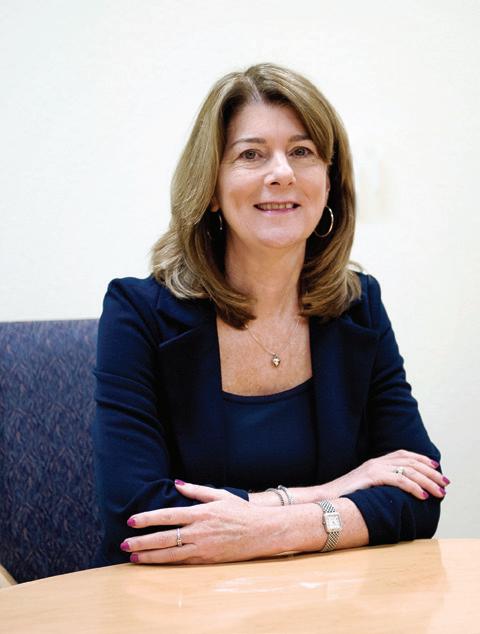
After six short months, I am halfway through my first year in practice. These months have been filled with meeting new people, learning new things, and helping sick and healthy pets. I am becoming more familiar with my hospital’s practices. It is invigorating to see parallel cases and learn from my previous experience to decide my course of action, whether it is to repeat what I did or choose an alternative. Even though I gain more experience with each new case arriving, I find myself feeling doubt and anxiety.
I believe self-doubt will lessen as I continue to gain experience, hopefully. Put another way, uncertainty and wisdom are inversely proportional. In the absence of wisdom and experience, uncertainty reigns. So the more time that passes in my career, the better I will be able to overcome my self-doubt. I also understand that I will continuously learn throughout my career since medicine is ever-evolving. Thus, even though I will become more familiar with certain aspects of veterinary medicine, there will always be new things that are uncomfortable. I am glad one of the founding principles from my alma mater stuck with me—lifelong learning.
Doubt can be minimized by self-preparation. For every new day and case, I prepare by studying and pouring over my resources so that I am ready to meet the task. Every evening before a procedure, I look into anesthesia protocols and best surgical approaches. Yet during my preparation, I am still anxious that I will fail my patient.
I know that I have only just started my career, but when does the anxiety subside? When am I supposed to feel comfortable going into my procedures and new cases? I think this anxiety is not only felt by new graduates, but by all veterinarians. For new graduates though, anxiety may contribute to imposter syndrome, the feeling of inadequacy even with proper preparation. The crippling question, “Will I ever be good enough?” affects new graduates and can sometimes stifle growth.
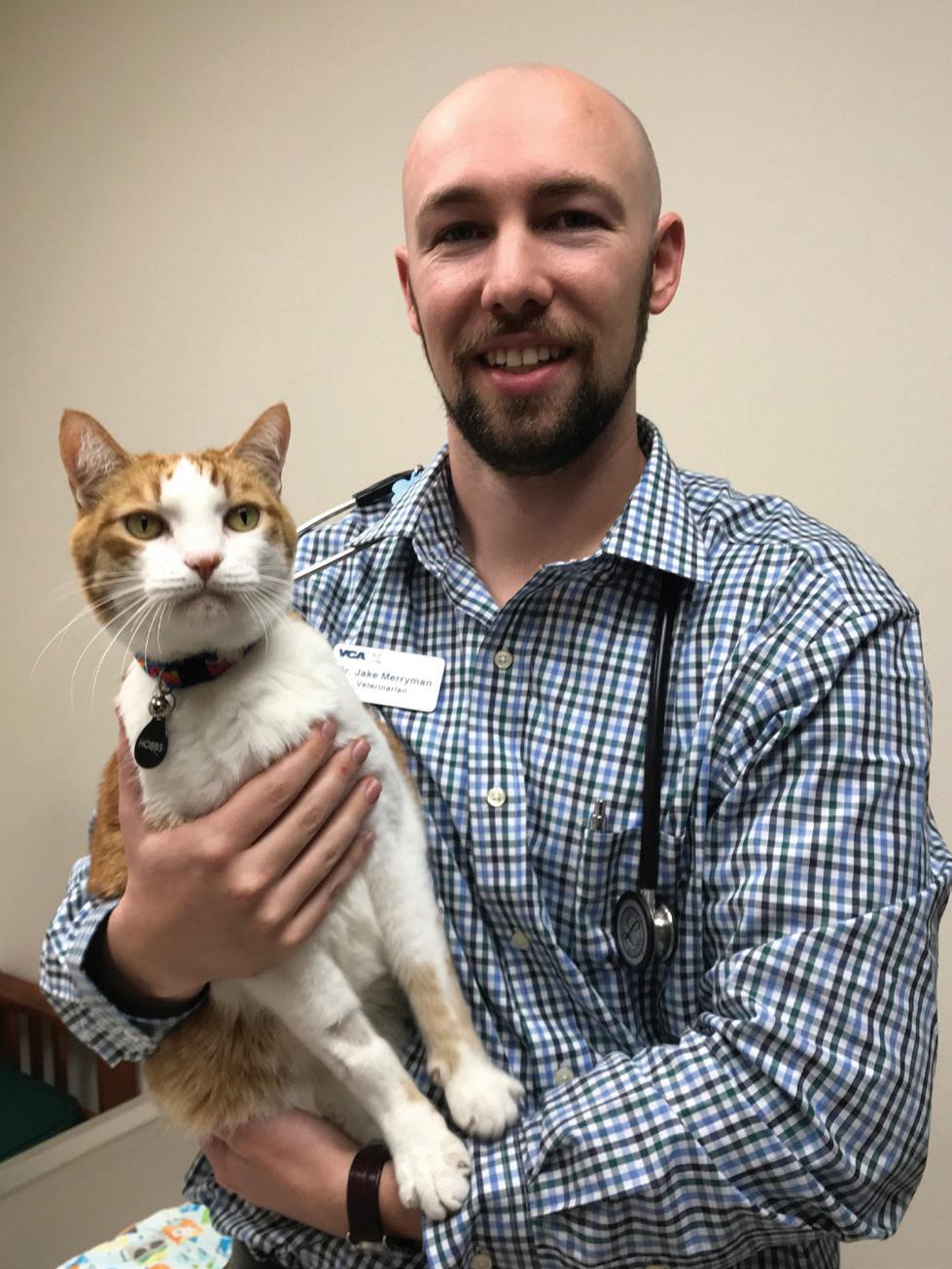
Conversations with mentors and the experience I have gained so far have taught me that anxiety isn’t inherently bad. I believe uncertainty and anxiety are felt by everyone. Uncertainty can drive people to better themselves when confronting difficult situations. Yet it has equal potential to paralyze people if they allow it. For me, I still struggle to use that uncertainty as my driving force to improve as a veterinarian. Although I do not let it stop me, the anxiety I feel before my shift can be daunting.
Veterinarians experience doubt and anxiety because we care deeply about our patients and want to provide the best care. Our perspective on these feelings is what matters. We must be patient since anxiety and uncertainty are inevitable. We have to accept the uncertainty as a driving force, not a source of inadequacy. We should allow ourselves to feel anxious yet not succumb to it. Most importantly, if any of us feel overwhelmed by anxiety, we need to talk to someone. Every veterinarian can sympathize and no one is alone. Sometimes all it takes is to ask for help.
The CVMA’s Legislative Action Center has a new look and format. The Voter Voice platform makes searching for relevant legislation easier and more user-friendly for our members. Check out the improved format by logging onto cvma.net and clicking on the Government tab.
The CVMA is here for our members and the veterinary community during these unprecedented times. Should you need our help, whether it be to register for our online CE (most of which are currently free for CVMA members), or for more information regarding upcoming CE; help with paying membership dues, or other questions, please do not hesitate to contact us at staff@cvma.net. Please visit our website (cvma.net) for updated information regarding COVID-19 and its effects on the veterinary profession.

Membership dues are available to pay online starting May 14th. Thank you for your prompt attention to this matter. If you have any questions or wish to renew by phone, please contact Sharmele Browne at 800.655.2862.
Due to circumstances surrounding the COVID-19 pandemic, the Donald G. Low-CVMA Practitioner Fellowship is postponed for the 2020/21 academic year. Updated details on the 2021/2022 application cycle will be posted in Winter 2020. Please email questions to svmcontinuinged@ucdavis.edu.
The 2020 Pacific Veterinary Conference in San Francisco is canceled due to COVID-19 and social distancing orders. Select content from PacVet will be available through interactive online presentations. See page 24 for more information.
And enjoy these valuable member benefits!
Interactive Online Seminars


Fall and Spring Seminars
California Licensing Curriculum
California Veterinary Medical Reserve Corps Disaster Training
Pacific Veterinary Conference
View upcoming CE offerings under the Learning tab at cvma.net.
Free Legal Consultation
Member veterinarians receive up to one-half hour of free telephone consultation and research work per month with an attorney from Wilke Fleury LLP. Access the Legal Services Program under the Membership tab at cvma.net.
Advocacy
The CVMA legislative team, staff, and legislative advocates are constantly monitoring proposed legislation and making your voice heard at the capitol. Explore the Legislative Action Center under the Government tab on cvma.net.
Immediate Access to Critical Information
Stay informed through the CVMA mobile app, CVMA website, CVMA Weekly e-newsletter, CVMA at the Capitol legislative e-newsletter, California Veterinarian magazine, press releases, and action alerts.
The CVMA InLine Program provides information, education, and solutions to create a safe workplace and navigate the maze of government agencies that regulate veterinary medicine.
Log onto cvma-inline.net and explore!


Insurance Designed Specifically for Veterinary Professionals
The CVMA’s exclusive insurance brokerage, Veterinary Insurance Services Company (VISC), offers specially designed personal and professional insurance program packages to members.
Visit the VISC website at visc-ins.com or call 888.762.3143.
Additional Savings
Regulatory items
Advertising
Credit card processing
Payroll processing
Electronic prescriptions, health certificates, and feed directives
Employee background screening



Check recovery services
Car rentals
Office supplies
And much more!
View the full list of benefits under the Membership tab at cvma.net.
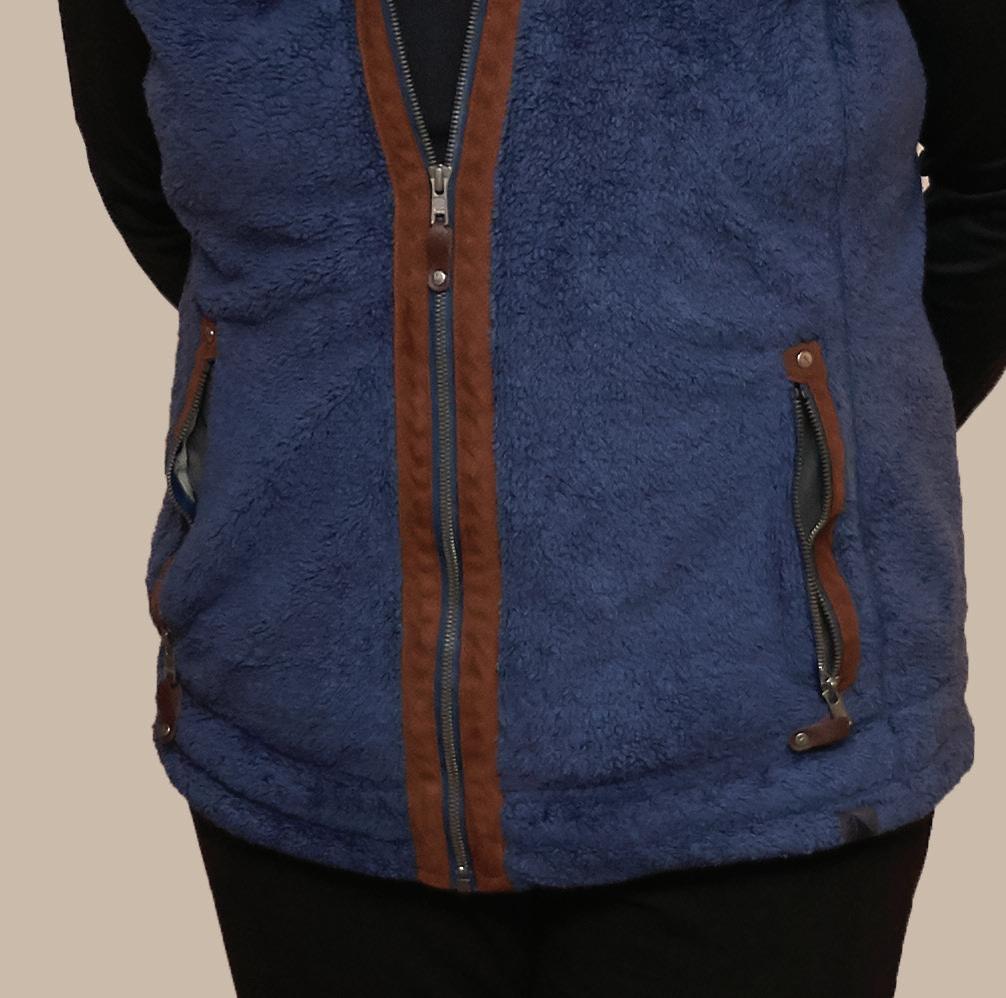
• Public Health Veterinarian, San Mateo County Public Health Department
• CVMA Board Member

• UC Davis School of Veterinary Medicine
What do you like to do in your free time?
I enjoy bird watching, walking area beaches, and tide pooling. I also love baking cookies. Describe why you are a CVMA member.
I believe in organized veterinary medicine. If we want a strong organization that advocates for our profession, we need to become active members and encourage our colleagues to join.
What do you still want to learn how to do?
I would love to expand my ability to identify birds and fish by sight.
Members are the heart of the CVMA
What is something that nobody knows about you?
I would love to do a Ph.D. in medical ethics.
How do you keep your workplace fun?
Which CVMA benefi t do you fi nd the most valuable?
I find the CVMA’s good governmental relationship with the California Legislature to be most beneficial to me.
Family? Pets?
Husband Scott, Swiss mountain dog named Pinkie, pit bull/Weimaraner/ beagle mix named Kona, and cat named Wildman.
I do a lot of my work from home so it’s always fun, if somewhat distracting, to have my pets with me.
The CVMA is committed to actively representing its members on legislation of importance to the veterinary profession. The 2020 legislative session began with legislators submitting over 2,200 bills by the February 21, 2020 submission deadline. The CVMA legislative team reviewed over 40 of those bills that directly impact the veterinary profession, animal health and welfare, and employment law.
Governor Newsom’s stay-at-home order due to COVID-19 brought an abrupt halt to all legislative activity at the capitol on March 19.
Under the stay-at-home order, the CVMA Legislative Committee was unable to meet and recommend positions to the CVMA Board of Governors. Instead, the CVMA legislative team, which includes CVMA lobbyists, key staff, the Executive Committee, and Legislative Committee Chair Dr. Dayna Wiedenkeller, met and recommended positions to the Board of Governors.
The legislature is meeting under a revised calendar and with restrictions on how hearings and meetings will be


held. The Assembly was slated to resume committee hearings on May 4 and the Senate will resume on May 11. The Board of Governors reviewed the bills of highest importance to the veterinary profession at their meeting on April 4, 2020 and took the following positions.
Current law permits veterinarians to discuss the use of medicinal cannabis for animal patients with clients, but prohibits cannabis recommendation. This two-year bill (carried over by the author from last year) would permit veterinarians to recommend medicinal cannabis and cannabis products for an animal patient “for any condition for which cannabis or cannabis products provide relief” and within the veterinarian-client-patient relationship. The CVMA worked extensively with the author last year to amend this bill to address the needs of the veterinary profession and animals.
STATUS: With the Assembly Appropriations Committee.
AB 2177 (Kalra) Horse racing: equine medication, welfare, and safety
This bill would establish a panel of independent veterinarians and stewards to review the medical, training, and racing histories of horses to determine their fitness to run. It would require that all medications for racehorses at a track be obtained from a central pharmacy and impose other restrictions. Additionally, the California Horse Racing Board would be required to adopt regulations on the authorized use of minerals, vitamins, or other supplements that are in the best interest of the welfare and safety of the horse.
STATUS: Referred to the Assembly Committee on Governmental Organization.
AB 2645 (Nazarian) Abused animals: advocates
This bill would authorize a court to appoint an advocate, such as a law school student, to represent the interests of an animal that is the subject of criminal proceedings of animal abuse or neglect.
STATUS: With the Assembly Rules Committee.
AB 3201 (Santiago) Large veterinary premises corporations: consumer disclosures: additional premises purchases: audit
This bill would require a large veterinary corporation to display its rates for specialized and traditional veterinary care, would require the Veterinary Medical Board (VMB) to review and approve the purchase of an additional practice by the large veterinary corporation, and would trigger a full audit of the corporation’s license to operate veterinary premises if the VMB received a specified number of complaints.
STATUS: Dropped by the author.
SB 1347 (Galgiani) Veterinary medicine: authorized care and registration
This bill exempts from the practice of veterinary medicine the following activities in private and public animal shelters: administering vaccines, administering non-prescription medications including parasiticides, administering medications dispensed or prescribed by a veterinarian, performing first aid, and changing bandages. The bill will also exempt animal shelters that perform only these tasks from obtaining a premises permit from the VMB, which subsequently removes the requirement for a veterinarian licensee manager. This bill suggests critical changes to the practice of veterinary medicine and will be closely followed by the CVMA.
STATUS: Referred to the Senate Committee on Business and Professions and Economic Development.
AB 1953 (Bloom) and SB 1115 (Wilk): Commercial blood banks for animals: animal blood donors
The CVMA was actively involved in the issue of animal blood banking in 2019 when both Assemblyman Bloom and Senator Wilk introduced legislation to address community and closed-colony canine blood banking in California. Ultimately, Senator Wilk’s legislation, which would have allowed community blood banks to open in California and maintain the two closed-colony blood banks, was vetoed by Governor Newsom. The Governor’s veto message said, “I am supportive of changing California’s law governing animal blood donation. However, this bill does not go far enough. I ask that the Legislature send me legislation that effectively leads to the phasing-out of ‘closed colonies,’ where dogs are kept in cages for months and years to harvest their blood for sale. The legislation should provide for the safe and humane treatment of donor animals, the welfare of the recipients and adequate oversight and enforcement of this program.” In response to the veto message, both authors have introduced legislation this year which will phase out the two closed-colony blood banks and replace them with establishments that collect blood from communitysourced animals. The CVMA is engaging stakeholders on this issue to represent the needs of the veterinary profession in preserving a safe and adequate supply of blood and blood products.
STATUS: AB 1953 (Bloom) – With the Assembly Business and Professions Committee (amendments pending).
STATUS: SB 1115 (Wilk) – With the Senate Agriculture Committee.
SB 1097 (Durazo) Medical services: credit or loan
This bill would make additional changes to 2019 legislation regarding how deferred interest payment plans and open-ended loans may be offered in California by health practitioners.
STATUS: Referred to the Senate Committee on Business and Professions and Economic Development.
AB 1974 (Gray) Horse racing: safety and welfare of racehorses and jockeys
A “spot-bill” relating to horse racing safety and reforms.
STATUS: Pending referral to Assembly Governmental Organization Committee.
As recently amended, would amend CVMA’s sponsored confidentiality of records law in the Veterinary Medicine Practice Act as it pertains to the release of veterinary records for a horse participating in a licensed horse race.
STATUS: Referred to the Committees on Business, Professions and Economic Development and Governmental Organization.
• AB 1850 (Gonzalez) Employee classification
• AB 2043 (Gonzalez) Unlawful business practices: employer liability: contracted supervisor
• AB 2059 (Kamlager) Toxicology testing animals
• AB 2077 (Ting) Needles and syringes
• AB 2117 (O’Donnell) Pet store operators
• AB 2152 (Gloria) Retail sale dogs, cats, rabbits
• AB 2185 (Patterson) Reciprocity of license
• AB 2213 (Limon) O ce of Emergency Services: model guidelines
• AB 2411 (Nazarian) Healing arts licensees: renumeration: drug or device companies: disclosure
• AB 2568 (Maienschein) Disaster preparedness: local government: animal wildlife evacuation plan
• AB 2614 (Smith) Transportation of animals
• AB 2615 (Chau) Horse racing: equine postmortem examinations: fatal racehorse injuries
• AB 2691 (Bauer-Kahan) Dog training services and facilities: requirements
• AB 2704 (Ting) Healing arts: licenses: data collection
• AB 2827 (Aguiar-Curry) Food, beverage, and cosmetic adulterant: industrial hemp products
• AB 2855 (Low, et al) Committee on B&P. Veterinary Medical Board
The Assembly Business and Professions Committee and the Senate Business, Professions and Economic Development Committee periodically hold joint
sunset oversight hearings to review boards under the Department of Consumer Affairs (DCA). The sunset review process provides an opportunity for the DCA, the Legislature, the boards, stakeholders, and the public to discuss the performance of the boards, and make recommendations for improvements.
The VMB is scheduled for review in 2020. Their report is posted on the VMB website. The CVMA submitted a letter to the Sunset Review Committee with comments on issues addressed by the VMB in their sunset review report. The CVMA will be representing the profession throughout the sunset review process.
• AB 2857 (Low, et al) Committee on B&P. California State Board of Pharmacy: appointment: removal
• AB 2888 (Friedman) Guide, signal, and service dogs: emotional support dogs
• AB 2938 (Arambula) Horse racing: satellite wagering: use of license fees: earthquake and animal welfare projects
• AB 3035 (Patterson) Animal welfare
• AB 3045 (Gray) DCA: boards: veterans: military spouses: licenses
• AB 3298 (Brough) Frauds of medical credentials: penalty
• SB 573 (Chang) Microchipping dog and cats
• SB 878 (Jones) DCA Licensing (wait times)
• SB 1239 (Glazer) Animals: California Animal Response Emergency System: Animal Care Network in Disasters program
• SB 1405 (Galgiani) Marine mammals: protection of cetaceans: unlawful activities
• SB 1432 (Glazer) Clinical laboratories
For specific information on bills or to track CVMAmonitored bills through the legislative process, visit the CVMA online Legislative Action Center, which now has a new look and format. The Voter Voice platform makes searching for relevant legislation easier and is now more user-friendly. Check out the improved format by logging into cvma.net and clicking on the Government tab.
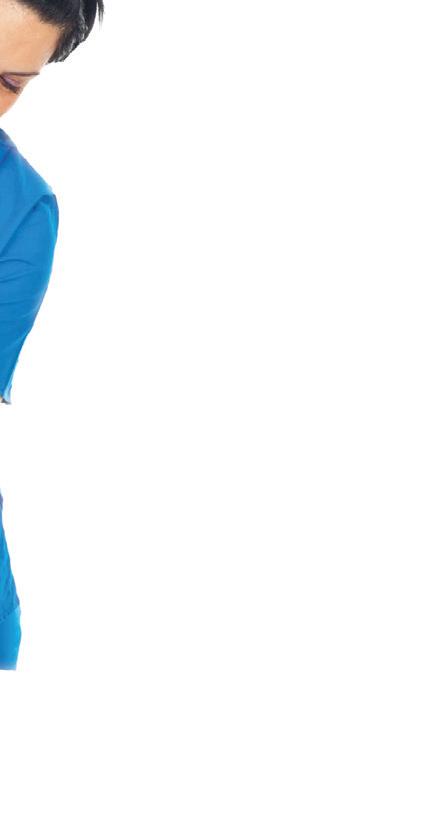
The CVMA was part of a coalition that worked with the author to preserve deferred interest lines of credit and open-ended loans for medical services in California. These amendments allow groups, such as CareCredit, to continue to offer veterinary financing options, however new consumer protection restrictions on how, where, and when products may be offered must now be included. It is important that all veterinary practices that use a credit or loan company are aware of this new law.
The law requires the provision of a specified written or electronic notice to the consumer regarding the loan or line of credit, and a specified list of which treatment and services are charged. It prohibits a licensee, or an employee or agent of a licensee, from completing any portion of an application for credit or a loan for the patient or arranging for or establishing an application that is not completely filled out by the patient, except under specified circumstances. Other restrictions are also specified in the law.
If you are using a credit or loan provider, they should be notifying you of these and other restrictions that they are implementing under SB 639.
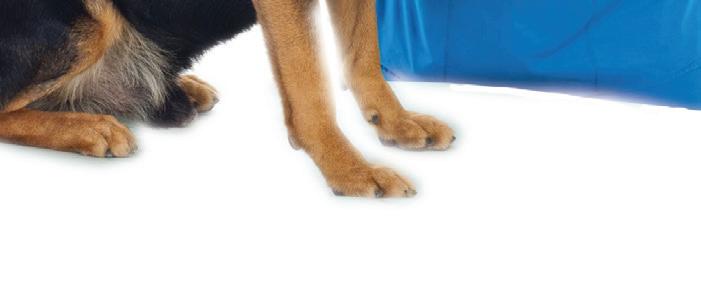

The CVMA CVA program will increase your proficiency when working with veterinarians and RVTs as part of the patient care team. The program combines 600 hours of on-the-job training with online educational materials. Acquire skills in:
{ Caring for animals
{ Client communication

{ Practice safety
{ Medical terminology

{ Breed identification

{ Giving medications
{ Proper lifting and restraining techniques
{ How to safely handle chemicals
For more information, email lphillips@cvma.net, call 800.655.2862 or go to the CVA page at cvma.net.


NCSR3 Sonoma County (wine country): This is "Wine Country". This terrific practice is located in one of the largest cities in the San Francisco region. The area boasts of a spectacular Mediterranean climate, with cool evenings and comfortable summers. Some of the most fa mous wineries in the World are located in this region, with the count now over 800 and climbing. This 2 DVM practice is sited in a 2400 sq. foot f acility, and has two residential apartments attached as well providing staff housing, overnight DVM coverage?, a place for interns to stay, or even just residential rental income to supplement cashflow. The caseload is split, 50% canine, 40% feline, and 10% exotics. They refer emergency cases to another practice about 3.5 miles away so your nights are free to do other things. Gross revenue for 2019 was $1,139,311 an increase of 18% over the prior year . The three-year average growth rate is 14%! With a cosmopolitan community (San Francisco) just a short drive away there is no end to the arts and spo rts available and hundreds of renowned restaurants. Four large international airports are also just an hour or so away. Want to head to the ocean? Its only 40 minutes. Lake Tahoe is a comfortable 3.5 hour drive if you'd rather spend the weekend skiing. After debt income is projected to be over $140,000. P: $875,000, RE: $1,300,000.
SC204 San Fernando Valley: 1+ DVM SA practice is located in an urban area of the Los Angeles region known as the San Fernando Valley. The practice, established in 1974, is sited in a 1900 sq. ft. free standing facility. Its been continuously modernized, including the addition of new equipment, such as ultrasound, a therapeutic laser, Abaxis Lab, BioNet pulseox/resp/temp/EKG/etCO2 monitor, digital dental x -ray, and rigid endoscope, etc... 2019 revenue was just over $800,000, up 9% over 2018. After debt income should be >$100,000. P: $700,000. RE: Lease approximately $50,000/yr.
SC205 Los Angeles Area: 1 FTE - DVM SA practice, is located in a quaint community near the San Fernando Valley. It was established in 2015 and is sited in a super efficient 1625 sq. ft. leasehold space, with 2 exam rooms. 2019 gross revenue was > $620K. This practice has been started well and is poised to grow with a full time owner/operator. Buyer’s after debt income projected to be >$65,000. For the price of a start -up, you can get this practice that is already operational, profitable, and well established. Price: $450,000
CC100 Fresno Area: 1 DVM practice in a great growing area. Population is > 500,000. SA practice with some exotic clients. New residential and co mmercial construction in surrounding area. Facility was a new leasehold buildout completed in 2015, two exam rooms, and newer equipment. Gross Revenue averaging just under $500,000 with the potential for more growth. Seller is preparing for retirement and not trying to gr ow practice currently.. After debt income should be >$110,000. P: $356,000.

NC92 Butte County: 1+ DVM small animal practice in a city just north of the Sacramento area. The area is loaded with outdoor recreation, yet jus t a short drive to the Sacramento area for all of the big city things. Gross revenue has averaged $1,500,000 over the past two ye ars. The facility is currently undergoing cosmetic improvements to freshen it up for a buyer. After debt income should be > $375,000. P: $1,100,000 RE: $750,000.
CO11 Santa Barbara County: Located in a small community, not far from Santa Barbara, is a 1.5 DVM SA practice. This community is a popular stop for those traveling thru the coastal wine country. Live and work a beautiful area. In addition to close proximity to the coas t, the LA area is just a short 2.5 hour drive away for all the big city offerings of events, sports, and international airports. The 1900 sq. ft. free stand ing facility is also available for sale. Gross revenue for 2019 >$900,000. After debt income expected to be >$150,000. P: $550,000 RE: $1,200,000.
NCS1 Tuolumne County: This 1 DVM practice resides in a free standing facility, with good equipment. Known for its recreation including biking, camping and skiing, and a well developed winery region, this area is filled with fun things to do every weekend. This is the region that started the California Gold Rush in the 1850’s. High above the winter fog of the central valley, you’ll have blue skies almost every day, and i f your wanting to indulge in the big city offerings of San Francisco its just a 2.5 hour drive. Family will surely want to come visit you as Yosemite Nati onal Park is withing an hour drive. After debt income is excepted to be >$160,000. P: $495,000 RE: $350,000.
How do you get the voice of California’s veterinarians heard at the state capitol? It requires more than sending letters, a representative, or a lobbyist to a legislator’s office. It doesn’t happen in just a day, a week, or even in one legislative session. It requires time, a dedicated team and, the CVMA Political Action Committee (CVMA-PAC), which provides the bipartisan resources to support these efforts.
The secret to the CVMA’s effectiveness as your advocate is the working relationships we have built with legislators, who must make informed decisions on hundreds of bills each year relating to a wide array of issues. To make these decisions, legislators seek information and opinions from outside experts and professionals. Because of our grassroots efforts to establish and nurture these important relations, the CVMA has become their go-to source for information relevant to the veterinary profession and the well-being of animals in California.
The CVMA-PAC is working for you:
• To sponsor CVMA member local outreach at campaign events and fundraisers.
• To support state legislators who are involved with issues pertaining to the veterinary profession.
• To ensure veterinary interests are heard at the capitol.
The CVMA-PAC is overseen by a board of veterinarians whose mission is to protect and serve the interest of CVMA members. They are tasked with preserving the financial viability of the CVMA-PAC, approving all PAC expenditures, and establishing outreach methods in legislative districts.
Being active in the political process is an important step in securing your ability to practice veterinary medicine in California. Whether it is through participation in grassroots efforts to connect with candidates and existing legislators, or by making a financial contribution to the CVMA-PAC, you are doing your part to safeguard the profession and the well-being of animals in California.
CVMA members may be surprised to learn how many local connections exist between veterinarians and candidates or new legislators in office. Many are friends and neighbors to several of the current legislators, which is abundantly helpful to the CVMA’s effort of building relationships and establishing key contacts in each legislative district.
Why not get involved and serve as a CVMA key contact? If you would like to participate in the CVMA-PAC, please contact Seanna Griffis at sgriffis@cvma.net.
The CDFA and USDA continue to conduct disease surveillance, respond to sick calls, and provide outreach regarding the ongoing virulent Newcastle disease (vND) incident in Southern California. The last positive premises was identified in the end of February 2020, but work continues to ensure that the disease has been eradicated. The regional quarantine area (RQA) remains in effect.
What is the process to release the regional quarantine?
There are three phases:
• Phase I: Control active disease – Humanely euthanize all vND-infected and exposed poultry. Hot spots of infection are identified.
• Phase II: Intensive testing – Two rounds of testing at a statistically significant portion of poultry properties in the established control areas. These results must all be negative to release existing control areas and continue to the next/final phase.
• Phase III: Freedom of Disease testing –Requires 90 days of testing throughout the entire RQA with continual testing of the previous highly infected areas. If there are no vND detections during this time, the regional quarantine may be released by late spring. Continued cooperation from those being tested and reporting of sick birds is critical.
During all phases of the RQA release process, all sick bird reports are responded to. To report sick birds, please call the CDFA Sick Bird Hotline at 866.922.2473
What happens if a flock tests positive?
All birds on that property, and those in the closely surrounding area must be humanely euthanized due to exposure. Surveillance testing is performed around the infected property. An epidemiologic assessment is also made to determine if birds in other geographic regions could be linked to the infected birds through the movement of birds or fomites. This may also affect the timeline for the RQA release process.
When an infected flock is identified, a control area is established and includes the infected property, surrounding properties and the surveillance testing zone. Two rounds of testing occur within the control area to assure the area is free of disease. However, if an additional infected property is found nearby, a new control area is implemented and may overlap with the initial control area. Some homes have been inside different control areas at different points of time. As a result, birds on these properties could be tested multiple times.
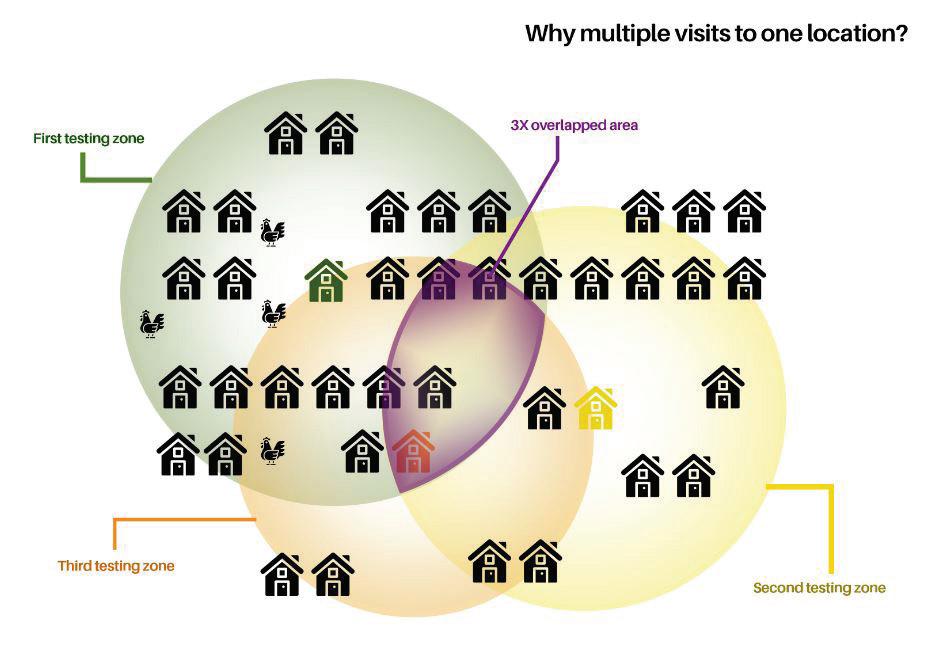
Why can’t people residing outside the RQA receive chicks?
The United States Postal Service (USPS) is not allowing shipments of live birds (all) or hatching/embryonated eggs into or out of zip codes 90000–93599 in California. Shipments that travel to and from this entire region must pass through the USPS distribution center in Los Angeles. Based on its location within the RQA, the USPS is not able to ship any birds that would pass through that distribution center until the quarantine is lifted.
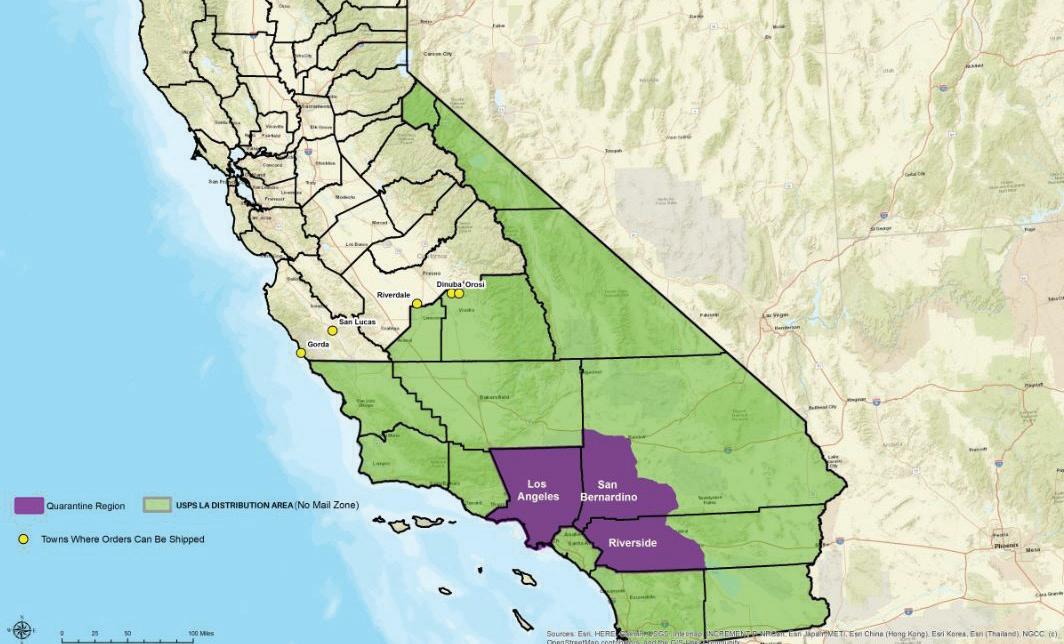
As a reminder to anyone residing outside the RQA, any birds imported from out of state require a Certificate of Veterinary Inspection (CVI) completed by a USDA Category II accredited veterinarian or a National Poultry Improvement Plan (NPIP) VS Form 9-3 if their flock of origin is rated or classified as Pullorum Typhoid Clean or free.
Just as veterinary practices are taking steps to ensure their essential work is able to safely continue, the vND personnel are also taking necessary precautions and following social distancing guidelines put forth by the CDC and CDPH. The vND response is a critical aspect of the essential food and agriculture industry and helps to protect our food supply. The teams in the field must continue to test poultry and prove that the disease is no longer present to release the regional quarantine.
If you have further questions, please call the vND Public Information Line at 909.731.6367.
More information about vND, including biosecurity guidelines to keep birds healthy, is available on the CDFA virulent Newcastle disease web page: cdfa.ca.gov/ahfss/Animal_Health/Newcastle_Disease_Info.html.
You can also follow us on: Facebook – Virulent Newcastle Disease page Instagram – CDFA.VND.PAGE
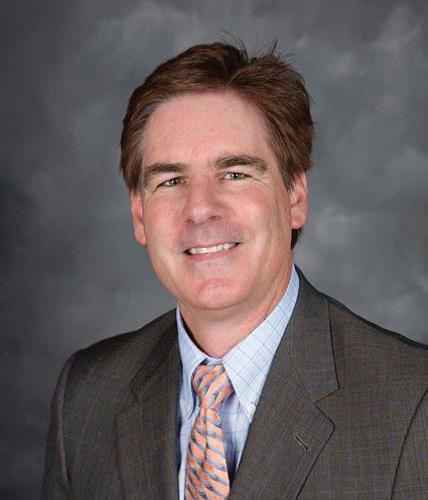
Seeing empty shelves at the grocery store over the past several weeks makes me think about the many hardships, including the Great Depression and Spanish flu, my parents and their parents had to endure and those who may be suffering physically, economically, emotionally, or grieving over the loss of a loved one from COVID-19. Living in such uncertain and unsettling times makes me appreciate how fragile life and our everyday circumstances can be. This may be an appropriate time to pause, reflect, and gain a new perspective.
My typical day may be similar to yours—made up of ordinary moments, many of which are extraordinarily important. Perhaps you are caring for an aging parent or a recent grad who is struggling with student debt and trying to make ends meet at the end of the month, a practice owner wondering if they are able to retire, or trying to make it all work for your family at the end of each day.
At its most basic core, acts of courage and kindness and making do with what we have may define stepping up to this crisis. You may be doing unspectacular but meaningful deeds to brighten up someone else’s day when nobody is looking. I know that it makes me feel good to do even small things for those who are truly struggling during this crisis. I recently heard a health care worker share her perspective on the panic that we are experiencing with COVID-19: “Buy only what you need at the store and ask your elderly neighbor if they need anything.” Simple yet profound.
I appreciate our partnership with CVMA/VISC. We have been able to offer high quality life, disability, and long term care insurance solutions and support to
John Carmichael, Capstone
you and other CVMA members over the past decade. None of us are promised good health tomorrow. You have taken the important step to help protect your family against the unexpected. We are always available to help with your insurance coverage. My colleagues often ask me why I chose to work exclusively with the veterinary community. My answer is quite simple—because caring and compassion run deep and wide in veterinary medicine. A famous quote from Mahatma Gandhi is especially meaningful for me: “The greatness of a nation and its moral progress can be judged by the way its animals are treated.” I prefer to include children and the elderly as those who are also not able to defend themselves.
I am grateful, but perhaps like you, have experienced my share of fear and anxiety in watching our health, institutions, and general way of life threatened. The challenges that we are facing are complex. With that said, not being able to find basic cleaning and other essential items at the grocery store may be telling us something about ourselves. Maybe the underlying message in all of this is that we can learn from this experience and improve as human beings and stewards of our planet.
FinancialMr. Carmichael is a senior associate with Capstone Financial and strategic partner with VISC, who helps CVMA members with their life and disability income insurance needs. He is known for this easygoing style and focus on education and helping empower his clients to make informed decisions about their life and disability income insurance program. His commitment to conducting business with honesty and integrity is etched in the famous quote, “People don’t care how much you know until they know how much you care.” Mr. Carmichael can be reached at 800.544.6003 or at jcarmichael@capstonefinancial.net. (CA license #0F14121)
At its most basic core, acts of courage and kindness and making do with what we have may define stepping up to this crisis.
Like many of you, as I write this in mid-April 2020, I find myself reflecting on how all of our lives have abruptly changed recently.
First the good news. In early April I became a greataunt, by way of the first child born to my nephew and his wife. Sadly, although we live only two miles apart, I have not yet been able to see my great-niece or her parents in person. Quite understandably, they are for now isolating themselves from all outside contact, to protect this precious arrival. After excitedly awaiting this event for months, both sets of grandparents, who live out of state, have postponed their planned visits. We are all anxious for the day when these precautions will no longer be necessary and we can cuddle this newest addition to our family. I am sure many of you are dealing with similar forced separations from loved ones for everyone’s protection.
I acknowledge that I am fortunate to have stable employment which does not place me at the forefront of the most risky situations. It is both inspiring and humbling to see our health care workforce, first responders, delivery and grocery workers (like my brother), and so many others, continue to selflessly rise to the challenges presented by this unique (and hopefully brief) time in our collective lives.
Like the veterinary profession, the insurance industry has been defined as an essential service and accordingly, VISC remains fully staffed with some adjustments to our workflow processes. Effective in mid-March, our office locations were closed until further notice and each of our staff members began working exclusively from our homes. This has presented the occasional minor technical difficulty but nothing we are not able to work around.
Please know that although the office is dark, we are all here for our clients while working remotely. Voice messages can be left at our office telephone extensions and are checked daily. We are also available via cell phone and still have full access to email and faxes. We do suggest that if you need to send us anything via US mail, you let us know in advance. The mail is currently being held at the post office for weekly pickup and distribution so there may be a slight delay in responding to that type of communication.
In late March, in response to a large number of inquiries, a mass email was sent to VISC clients regarding the loss of income coverage component of the CVMA veterinary business package policy. Our insurance company partners have also generated numerous bulletins. Rather than try to list all of those here, since they may be outdated by the time this publication reaches you, please do not hesitate to reach out to your VISC representative with any specific questions or concerns you may have.
I know that each of you have your own stories to tell. As human beings, we are hard-wired to reach out to one another in times like this. So pick up the phone or send me an email if you have something to share. I’m here and I’m listening! I can be reached at 888.762.3143 or email to knoe@visc-ins.com.
Ms. Noe entered the insurance field while still in high school. She obtained her insurance license in 1979 and joined the CVMA’s endorsed insurance brokerage firm in 1985. Kathy holds the Chartered Property Casualty Underwriter (CPCU) and Associate in Risk Management (ARM) designations.

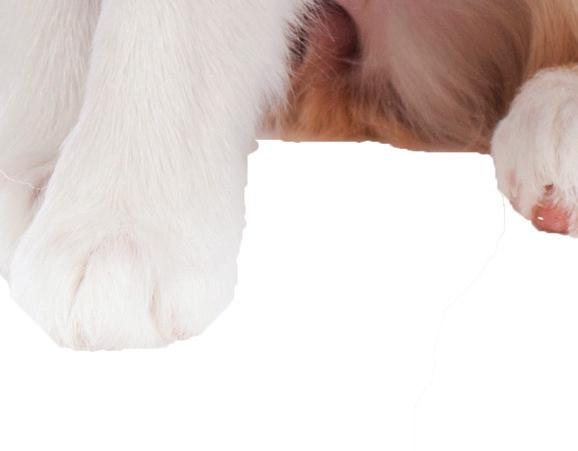
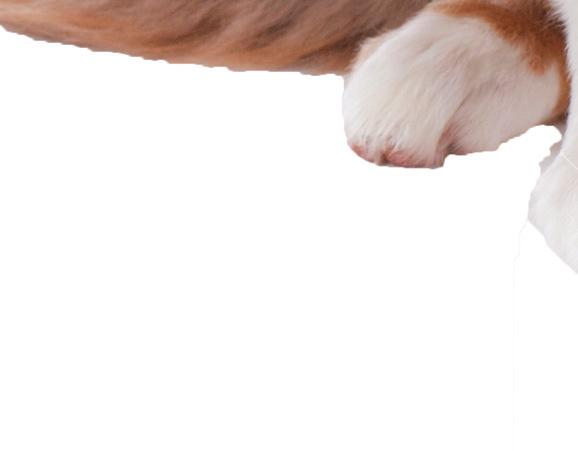


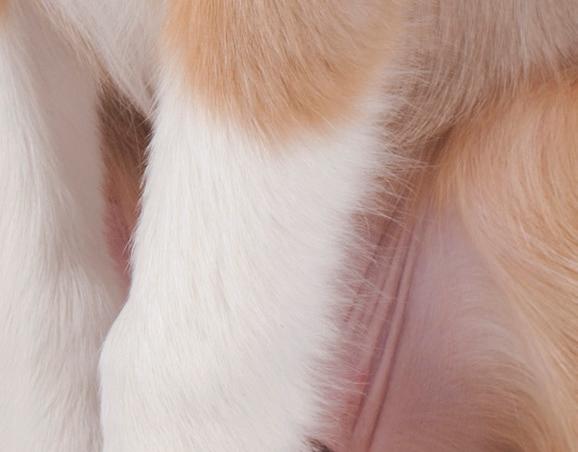
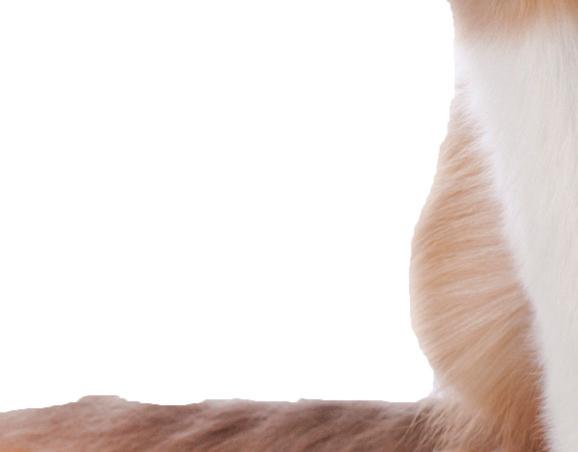





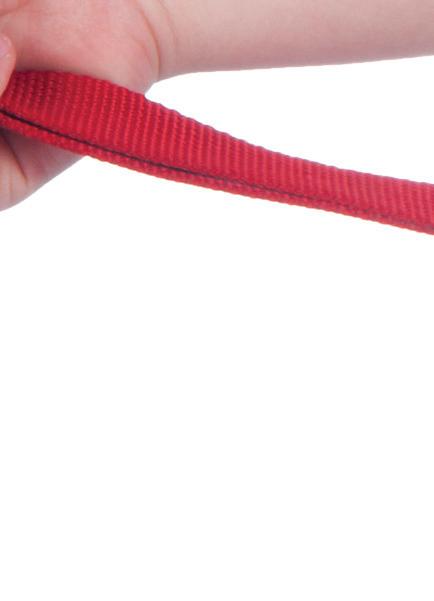
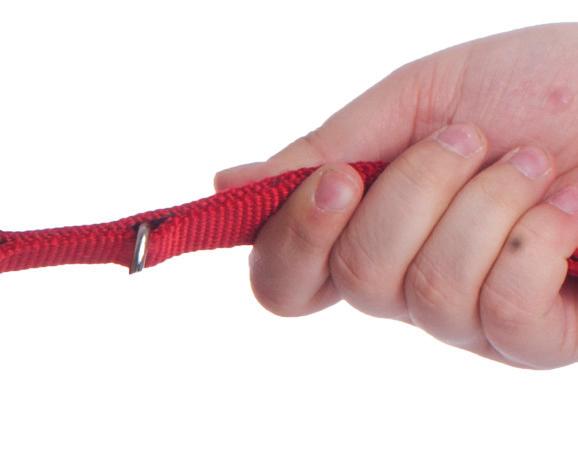
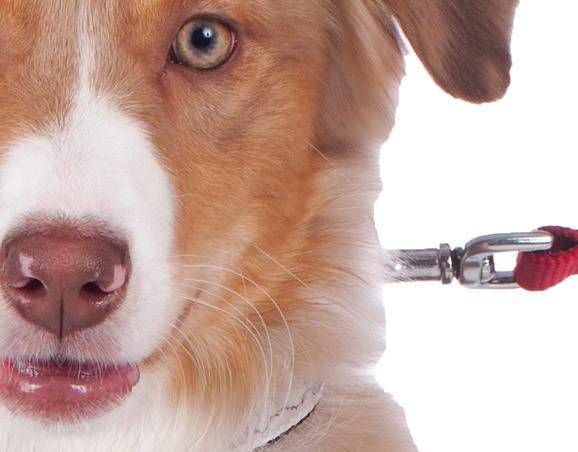
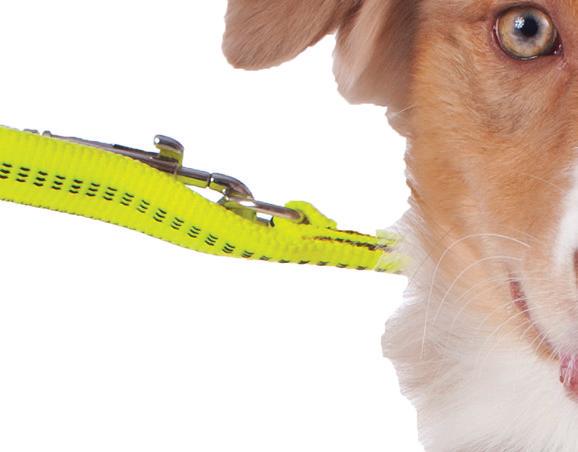
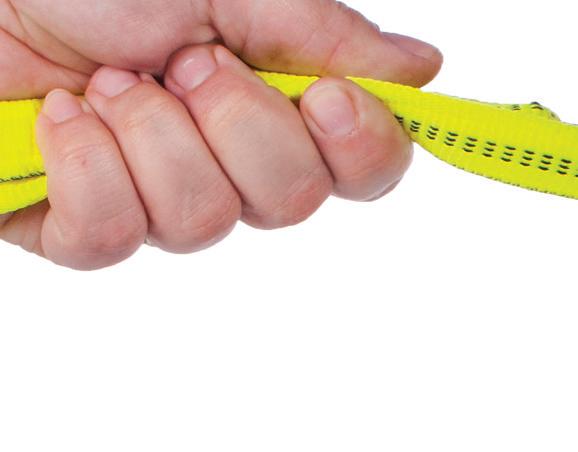
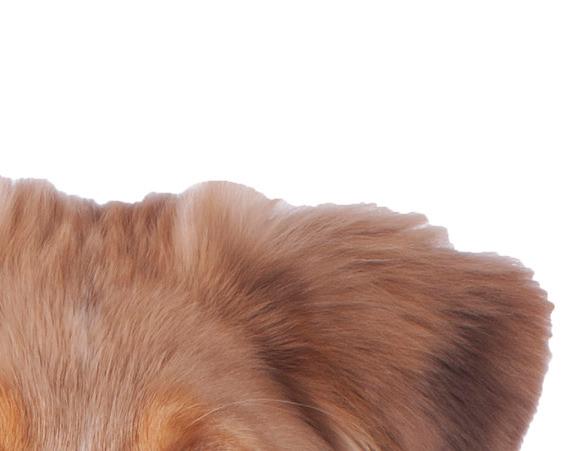
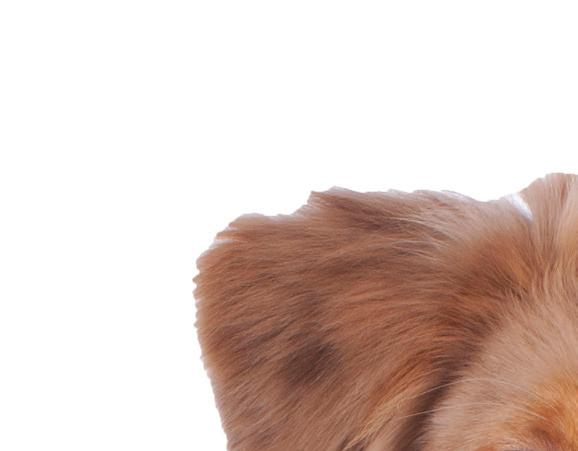
 Dan Baxter, Esq. By
Dan Baxter, Esq. By









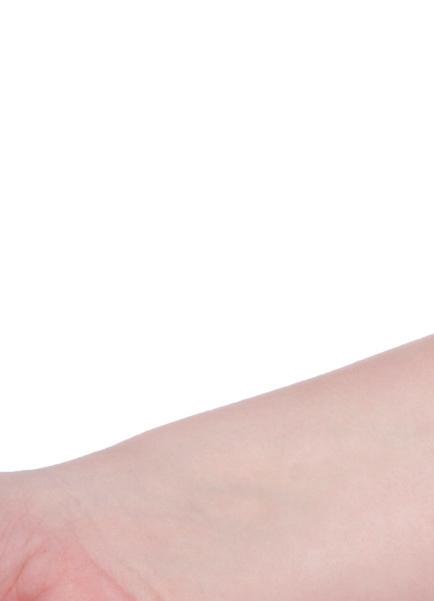

As most readers of California Veterinarian know, the law firm at which I work provides 30 minutes of free monthly advice to CVMA members with legal inquiries. Most of those inquiries center around employment-related issues and issues arising out of veterinarian/client/patient interactions.

In the latter category is a scenario involving competing claims regarding animal patients that have produced questions for me and my colleagues from several veterinarians in recent months. Specifically, what should a veterinarian do when more than one ostensible “owner” seeks to take possession of the animal upon its release?
In one hypothetical, Mittens is delivered to the clinic by Jane and left there for treatment. At some point during Mittens’ stay, the clinic receives a call from John claiming to be Mittens’ real owner, and claims that Mittens should only be released to him rather than Jane. Jane returns to the clinic to pick up Mittens, insists that she is the real owner, and demands release of Mittens into her custody.
One can craft many variations to this hypothetical, from joint delivery of Mittens to the clinic by both Jane and John, to clinic records that clearly identify Mittens’ owner as one or the other (or both), to introduction of another person entirely into the fray. Regardless of the hypothetical’s nuances, what should a veterinarian do when faced with competing claims to possession of an animal patient?
Fortunately, there is guidance.
But before we get to that guidance, let’s begin with some practical advice. Each instance in which competing possessory claims are brought to a veterinarian’s doorstep represents an occasion in which animal owners are trying to make their problem your problem. Not only does a Jane/John imbroglio over ownership and possession place the veterinarian in an uncomfortable position from a client service standpoint, it effectively asks the veterinarian to make a quasi-legal judgment call as to who is the true owner. The “losing” client will naturally hold the veterinarian responsible for this decision and various business-related ramifications may ensue, from the cessation of that client’s business, to negative social media reviews, to possible VMB and/or legal complaints. For these reasons, the first step to take when faced with competing claims is to place the ball back into Jane and John’s court. In our above hypothetical, if Mittens remains at the clinic, Jane is indicating that Mittens should only be released to her, and vice versa relative to John. The veterinarian should issue a clear communication—
preferably in writing—to Jane and John describing the situation, and directing them to figure it out between themselves. Such a communique should be direct, concise, and forceful, in the manner of the following:
Jane and John:
Yesterday, Mittens was brought for treatment at our clinic. Following that treatment, we received instructions from each of you that Mittens was only to be released to you, and not to the other. While we value both of you and appreciate your love for Mittens, your competing instructions place us in the unfair and untenable situation of entering a dispute that only you can resolve. Therefore, we request that you jointly come to the clinic today or tomorrow to pick up Mittens, or otherwise reach a resolution between yourselves as to who will do so. In absence of such a joint decision by you, we will have no choice but to act in conformity with the requirements imposed by the Veterinary Medicine Practice Act.
Please respond as soon as possible.
Dr. Wendy SmithMore often than not, a communication like the above will bear fruit. Generally speaking, Jane and John will realize the difficulty of the situation from the veterinarian’s point of view and understand that it is not good for Mittens, the veterinarian, or Jane and John, for the situation to go unresolved. Moreover, by invoking “the law”—in this case, the Veterinary Medicine Practice Act (VMPA)—the veterinarian raises the specter of an undesirable outcome outside of Jane and John’s control. That potential loss of “say” over the outcome will generally produce the cooperation necessary to settle matters.
But what if matters remain unresolved? What does the VMPA actually tell us about how to manage this situation?
The answer comes to us from 16 Cal. Code Regs. section 2032.1, which deals with the veterinary-client-patient relationship (VCPR) and how it is created. While a full discussion of Section 2032.1’s terms is unnecessary to this article, suffice it to say that the existence of a VCPR is specific to the clinical course at issue. In that vein, Section 2032.1(b) requires the veterinarian to have “sufficient knowledge of the animal(s) to initiate at least a general or preliminary diagnosis of the medical condition

of the animal(s),” and further requires the veterinarian to communicate with the client “a course of treatment appropriate to the circumstance.” This regulatory language shows that a VCPR is not a singular event that covers treatment of an individual animal for all time, but a relationship that operates on a condition-by-condition and circumstance-by-circumstance basis.
Why is this relevant to a discussion of competing possessory claims to an animal? Because it effectively removes the question of legal ownership from the veterinarian’s calculus. Returning to our above hypothetical, if Jane is the person who delivered Mittens to the clinic for the treatment at issue, then Jane is the person through whom a VCPR was created. Accordingly, if Jane and John find themselves at an impasse relative to Mittens’ release even after a clinic communication of the type recommended above, then Mittens should be released to Jane alone, as she is the “client” for relevant purposes. Tweaking the hypothetical, if Jane and John had jointly delivered Mittens to the clinic, then the clinic may release Mittens to either of them.
In either hypothetical, or different permutations thereof, a VCPR-centric determination of the issue renders irrelevant the validity of John’s (and Jane’s) claim of “real” ownership, and ultimately relieves, at least from a legal standpoint, the veterinarian from being the arbiter of Jane and John’s possessory dispute. Moreover, should the “losing” claimant be so dissatisfied with the veterinarian’s determination as to file a VMB complaint or take other legal action, there is a good argument that the veterinarian’s acts consistent with Section 2032.1 would provide “safe harbor” against an adverse determination against the veterinarian.
This same safe harbor argument applies in a variety other of ownership-related disputes (which oftentimes
are found between divorcing couples), including the following:
{ Medical Records: After Jane brings Mittens to clinic, John calls the clinic, states that there has been a relationship split and that Mittens is now ‘his,” and requests that Mittens’ medical records not be released to Jane. However, because the VCPR is with Jane, the clinic’s obligations relative to the records flow to Jane, not John.
{ Treatment-Related Discussions: Similarly, after Jane brings Mittens to the clinic, John calls the clinic stating that he, and not Jane, is the owner, and that the clinic should not provide any further information to Jane concerning Mittens’ care, treatment, condition, progress, etc. Once again, since Jane brought Mittens to the clinic, the VCPR is with Jane, not John.
{ “Stray” Animals: Jane brings Mittens to the clinic claiming Mittens is a stray, and leaves Mittens at the clinic for treatment. Then, John appears at the clinic claiming to be Mittens’ owner and demands the return of Mittens to him, as well as a summary of Mittens’ records. Here, too, the VCPR is with Jane, not John, such that the clinic has no obligations to John.
In the end, clear communication is key and the likelihood is that most competing possessory claims will be resolved through a short and plain statement like that composed above. However, if communicative efforts fall short, let your path forward be guided by the provisions of Section 2032.1, and the parameters of the VCPR.
Dan Baxter, Esq.Mr. Baxter joined Wilke Fleury LLP in 1999 and has been a partner since 2007. His practice focuses on business litigation and trial work, as well as civil writs and appeals. He also provides general counsel to clients ranging from non-pro t organizations and small business to publicly-traded corporations. Mr. Baxter has represented the CVMA in various matters over the years, and has assisted in the CVMA’s efforts to prevent municipal interference with the practice of veterinary medicine. Mr. Baxter is part of the CVMA’s Legal Services Program, a program designed to assist CVMA members with workplace safety, legal issues, and laws and regulations that affect the veterinary profession.
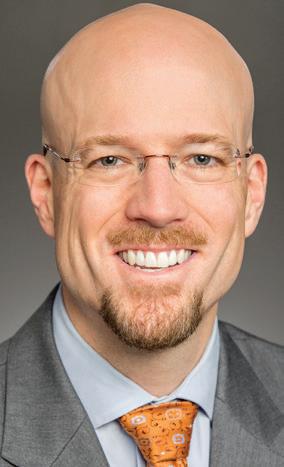

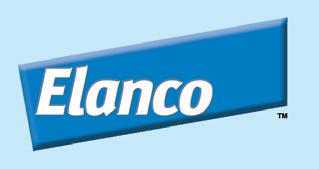
Dr. Craig Cli ord
May 20, 2020 | 5:30 PM–6:45 PM (1.5 CEUs)
May 28, 2020 | 12:30 PM–1:45 PM (1.5 CEUs)

This lecture will discuss some of the controversies we see with mast cell tumors (MCT) including the following: Staging: How much is needed, Dogs with multiple MCTs, what to do, Can we prevent new MCTs?, Prednisone to shrink MCTs, and MCT grading (cytology and histopathology). (This webinar is free to CVMA members!)
June 3, 2020 | 5:30 PM–6:45 PM (1.5 CEUs)
June 9, 2020 | 12:30 PM–1:45 PM (1.5 CEUs)
This lecture will address some of the more confusing questions about managing intestinal protozoa in pets, including the best diagnostic tests in a given clinical situation; how intestinal protozoa should be treated; what to do if the infections persist in spite of treatment; and whether pets with protozoa pose an infection risk to other pets or to people. (This webinar is free to CVMA members!) Sponsored by
For more information about these seminars, visit the Learning tab at cvma.net or email staff@cvma.net.





The annual Pacific Veterinary Conference is the CVMA’s most popular event, drawing members of the veterinary community from across the country. It is four fabulous days of learning, exchanging information, networking, and celebrating. It requires years of planning –securing an amazing venue in a world-renowned location, finding the best speakers, and working with sponsors and exhibitors eager to share their products and services. Each year, the CVMA staff pour their hearts and souls into this event to bring you the best information and experience.
After weeks of monitoring the evolution of COVID-19 situation and resulting social distancing mandates, and after much thoughtful deliberation, it was with heavy hearts that we canceled PacVet 2020, which was to occur June 18-21 in San Francisco. Our attendees’ health and safety is always our first priority.

If you registered for PacVet 2020, THANK YOU! You can find full information about cancelations and refunds on pacvet.net.
We are excited to bring you the quality CE you’ve come to expect from PacVet without the risk of a public gathering. Join us online for select PacVet content brought to you through our fully interactive virtual conference, PacVet Live. Some of your favorite speakers who were scheduled to present at PacVet 2020 will share their presentations through engaging online seminars. New to online learning? We promise even the technologically challenged can easily master this format. Watch for dates and details announcements via email and at pacvet.net.
We have already started planning for PacVet 2021 in Long Beach, California. Mark your calendars for June 18-21, 2021. We thank you for your continued support and look forward to seeing you and celebrating the resiliency of the veterinary community at PacVet 2021 in Long Beach!
ACCESS Specialty Animal Hospital
AKC Reunite
AmeriVet
Analgesic Services, Inc.
Animalytix
ANTECH-SOUND
ASPCA Pet Health Insurance
Assisi Animal Health
Aventix
Avid Identification Systems, Inc.
Bank of America Practice Solutions
BCP Vet Pharmacy
Black Diamond Radio
Blue Bu alo Co.
Blue River PetCare
Boehringer Ingelheim
California Veterinary Medical Association
California Veterinary Medical Foundation
California Veterinary Medical Reserve Corps
Capstone Financial Group
CareCredit
CBC Practice Banking
Cell Therapy Tools
Chi Dog, LLC
Christian Veterinary Mission
Companion Animal Health
Covetrus
CP Medical/B Braun
CryoProbe
Cubex
Dan Scott & Associates, Inc.
Dechra Veterinary Products
Diagnostic Imaging Systems, Inc.
Doctor Multimedia
DV Medical Supply
DVM-Transitions.com
Elanco Animal Health
Ellman, a Cynosure Company
Elsevier, Inc.
Esaote North America
ExeGi Pharma
Fortune Practice Management
Golden Gate Veterinary Compounding Pharmacy
Gravity Payments
GVL
Heska
Hill’s Pet Nutrition, Inc.
Hot Dog Patient Warming
IDEXX Laboratories
Infintech
ivetultrasound.com
Jorgensen Laboratories
JustFoodForDogs
Karl Storz Veterinary Endoscopy-America, Inc.
KindredBio
KVP - KONG Veterinary Products
Lap of Love Veterinary Hospice
LifeLearn Animal Health
Med Care Pharmaceuticals
Medical Illumination
Medical Pet Shirts International
MediVet Products

Merck Animal Health
Midwest Veterinary Supply
Mixlab
Mobile Animal CT
Multi Radiance Medical
MWI Animal Health
Nationwide Pet Insurance
Necropsy Services Group
Nutramax Laboratories Veterinary Sciences, Inc.
Otto Trading Inc.
Pacific Professionals, Inc.
Pawpals Pawprint Regency Family
Pet Health Pharmacy
PetCure Oncology

Practivet
Preferred Employers Insurance
Primal Pet Foods
Purina Pro Plan Veterinary Diets
Radiocat
rauhaus freedenfeld & associates, LLP
Rayne Nutrition
Respond Systems
Rose Micro Solutions
Royal Canin USA, Inc.
SAGE Centers
Samsung (AE Medical Systems)
Scratchpay
Scrubin Uniforms, Inc.
Shor-Line Mfg. Co.
Snouts Veterinary
Solutions by Design
Taylors Pharmacy
THRIVE A ordable Vet Care
TriLogic Pharma
Trupanion
Tuttnauer USA Co. Ltd.
U.S. Bank
Universal Imaging
Van Beek Natural Science
VDI Laboratory
VenomVet
Vet Books by Success
Vetco Clinics
VetCor
Veterinary Allied Sta Education, Inc.

Veterinary Insurance Services Company (VISC)
VetIQ Sta ng
VetMatrix
VetnCare
Vet-Ray Technology
VINx
ViziSites
Walkin’ Pets
Weave
Wedgewood Pharmacy
Wells Construction, Inc.
Wells Fargo Practice Finance
Wiley
Zoetis
Thank you to our PacVet sponsors and exhibitors. We look forward to seeing you at PacVet 2021 in Long Beach.
The CVMA has worked continually since the beginning of California’s COVID response to advocate for the veterinary profession, provide leadership, and keep the profession informed about issues that affect veterinary practice. Throughout the pandemic, the CVMA has made it a priority to listen to our members and address their needs.
In mid-March, the CVMA office in Sacramento was closed under the stay-at-home order, and all staff transitioned to working remotely from home. The CVMA immediately launched a COVID-19 information page on the homepage of its website, cvma.net. This page is open to the public and has been updated daily with information that affects veterinary professionals and their clients and patients.
The CVMA Board of Governors and House of Delegates have met by virtual meetings to discuss issues and the CVMA has facilitated electronic communication of task forces and committees.
Below are some of the concerns the CVMA has fielded from the profession during the pandemic shutdown with a summary of CVMA actions.
When the statewide stay-at-home order went into effect, there was an immediate concern as to whether veterinary practices were considered essential services and critical infrastructure. The CVMA worked quickly at the state level, and with the AVMA at the federal level to obtain clarification confirming that veterinary practices were considered essential services. The CVMA also provided practice recommendations and guidance on how practices could continue to provide essential services while implementing social distancing measures.
Due to the inability to travel and cancellation of continuing education events, the CVMA relayed concerns to the California Veterinary Medical Board (VMB) about licensees’ ability to obtain CE for license

renewal. The California Department of Consumer Affairs (DCA) issued a temporary CE requirement waiver in response. The waiver currently extends to all licensees who are due to renew their licenses between now and June 30, 2020. The CVMA also moved quickly to add more online interactive courses to the CE calendar, many of which are free to members. Information about CVMA virtual learning may be found at cvma.net under the Learning tab.
The majority of fourth-year veterinary students were unable to take the computer-based state licensing examination because the testing centers that offer the exam were closed. The CVMA requested a temporary waiver of the state board exam requirement from the DCA in order for the students to receive their license. The VMB was made aware of the issue in discussions with the CVMA and both California veterinary schools. They worked with the DCA and testing vendors to expand the ability of testing centers to accommodate testing for veterinary students and students are now being scheduled to take the exam.
Delayed licensing and availability of Live Scan fingerprinting locations are also being monitored closely by the CVMA. The CVMA is actively voicing concerns from the profession about these issues and has relayed information from the VMB to members via e-blast, app push notifications, and cvma.net. Currently the VMB is experiencing a back log in processing new licensing requests and some license renewals. In regard to license renewals, pursuant to section 121 of the California Business and Professions Code, if a licensee has met all renewal requirements prior to license expiration, they will not be deemed to have an expired license or illegally engaged in the practice of veterinary medicine pending receipt of evidence of license renewal. More information about licensing delays may be found at cvma.net.
The CVMA provided guidance to the profession about how telemedicine law applies to the COVID response and what veterinarians may do to implement telemedicine into current veterinary practices. The VMB also published information about telemedicine in response to inquiries by the CVMA and others. Telemedicine is permitted within the context of a valid and current veterinarian-client-patient relationship (VCPR). In California, the VCPR is condition-specific.
The CVMA maintains excellent working relationships with government agencies relevant to veterinary practice. Throughout the COVID response period, the CVMA has been in close contact with the California Department of Food and Agriculture, the California Governor’s Office of Emergency Services, the California Department of Public Health, and the Veterinary Medical Board. We have relayed important announcements from these agencies to the profession through several communication methods.
The CVMA continues to prepare for a very unusual legislative session. Our legislative team is monitoring both the Assembly and Senate legislative calendars regarding possible legislative hearings. Bills that are of high concern to the veterinary profession may continue to move through the process with less opportunity for input from stakeholders. The CVMA legislative team will work diligently to address important legislative issues that could impact the veterinary profession in this session.
The CVMA will continue to serve the profession by remaining accessible to members who have questions or concerns, by relaying information, and by advocating for the profession on issues that affect veterinary practice, animals, and members.
COVID-19 updates are available on cvma.net.
“Throughout the pandemic, the CVMA has made it a priority to listen to our members and address their needs.”
 By
Grant Miller, DVM, CVMA Director of Regulatory Affairs
By
Grant Miller, DVM, CVMA Director of Regulatory Affairs
The California Veterinary Medical Board (VMB) is notifying most licensees that Live Scan fingerprints are required as a condition of license renewal, even if their fingerprints were taken at the time of original licensure.
Live Scan is an electronic fingerprinting technology that transmits fingerprints directly to a database that can be accessed by the licensing agency. The Live Scan fingerprint requirement is not new. This regulation took effect in 2012 when the California Business and Professions Code Section 144 was changed to require licensing boards to search both the California Department of Justice (DOJ) and the FBI fingerprint databases when granting licenses. Only the DOJ was required prior to that. California regulatory boards then underwent rulemaking to bring current licensees into compliance. The California Code of Regulations Title 16, Section 2010.05 states, in part, the following:
As a condition of renewal of a license, a veterinarian who was initially licensed prior to January 1, 1960,
a registered veterinary technician who was initially licensed prior to January 1, 2004, or any licensee for whom an electronic record of the submission of fingerprints no longer exists or was never created, shall furnish to the Department of Justice a full set of fingerprints for the purpose of conducting a criminal history record check and to undergo a state and federal level criminal offender record information search conducted through the Department of Justice.
Licensees should read their renewal notice carefully to determine if Live Scan fingerprints are required.
In recent years, an online licensing system called BreEZe was implemented by the VMB and other regulatory boards. When renewing a license, the VMB recommends that all licensees use BreEZe, which may be accessed at vmb.ca.gov. If the renewal process is completed on BreEZe but the online application status shows it is pending, it is likely that Live Scan fingerprints
are needed. To obtain Live Scan fingerprints, complete the following steps:
1. Download the VMB’s Request for Live Scan Fingerprints form from vmb.ca.gov. Special conditions may apply for out-of-state renewals.
2. Take the completed form to a Live Scan provider. A list of providers may be found on the California DOJ website. Mobile services are available.
3. Ensure that the Live Scan technician enters your name and social security number to exactly match VMB records (including any hyphens in your name).
4. Scan and email completed forms to VMB@dca. ca.gov with the subject line of “Live Scan, [license type] [license #]” (e.g., Live Scan, Veterinarian License #123456).
The authorized Live Scan provider transmits fingerprints electronically. If this is successful, your license should renew in BreEZe within a few business days.
If you completed all of the license renewal steps prior to your current license expiration, including Live Scan fingerprints, but are still seeing a pending status on BreEZe, your expired license will remain valid under the California Business and Professions Code Section 121.
This law states: No licensee who has complied with the provisions of this code relating to the renewal of his or her license prior to expiration of such license shall be deemed to be engaged illegally in the practice of his or her business or profession during any period between such renewal and receipt of evidence of such renewal which may occur due to delay not the fault of the applicant.
As used in this section, ‘license’ includes ‘certificate,’ ‘permit,’ ‘authorization,’ and ‘registration,’ or any other indicia giving authorization, by any agency, board, bureau, commission, committee, or entity within the Department of Consumer Affairs, to engage in a business or profession regulated by this code or by the board referred to in the Chiropractic Act or the Osteopathic Act.
If you experience issues with renewing a license or permit online, contact the VMB at 916.515.5220.
This article is for informational and general educational purposes only. It is not intended to take the place of legal advice nor should it be considered as a legal interpretation. Although significant effort has been made to ensure the accuracy and completeness of the information at the time of publication, the CVMA shall not be responsible for any errors or omissions, or any agency’s interpretation, application, or enforcement of the information presented herein.
CVMA InLine is a dynamic workplace safety and compliance program designed to assist CVMA members with workplace safety, employment issues, and laws and regulations that a ect the veterinary profession.
For more information, visit cvma-inline.net or call 800.655.2862.
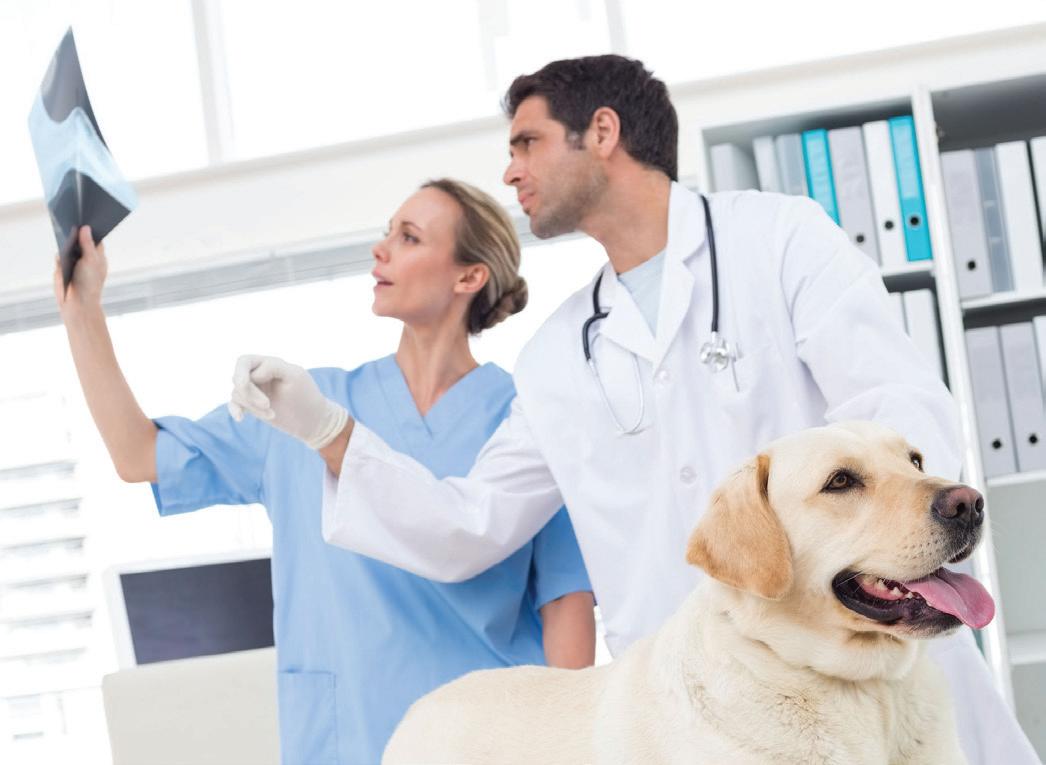
The CVMA can assist you with all of your regulatory compliance needs. Visit cvma.net and click on Products.
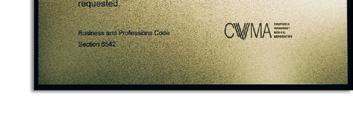
Purchase or renew your CVMA Guide to Cal/OSHA Compliance subscription today!
The CVMA Guide to Cal/OSHA Compliance is available only to CVMA members and is designed to help veterinary practices comply with the Department of Industrial Relations Division of Occupational Safety and Health (Cal/OSHA) regulations. Purchase or renew your subscription today to keep your written safety plan in compliance with state law. The online subscription-only guide can be accessed and updated at any time and includes:
• An updated Cal/OSHA guide, which will walk you through creating, implementing, and maintaining a workplace health and safety program catered specifically to your California veterinary practice
• Instructions using interactive web pages on how to complete and/or update your practice plan, including an Injury & Illness Prevention Program, Hazard Communication Program, Emergency Action Plan, Fire Prevention Plan, and several others
• Downloadable forms to help implement your program
• Recordkeeping, training, and site inspection requirements
The Benefits of Subscribing and Renewing
• Maintaining your subscription provides continued access to your information in order to fulfill the annual requirement of a written safety plan.
• Provides thorough explanations and instructions on how to create, implement, and maintain your workplace safety program.
• Components assist you by providing educational material, helpful forms, training templates, implementation and recordkeeping resources, and a step-by-step wizard to simplify creating your customized plan.
• Help and support provided online and CVMA staff available by phone or email during business hours.
• Quarterly Compliance Alert emails sent only to subscribers regarding important legal and regulatory changes which may affect your practice.

Renew your subscription online or purchase one today!
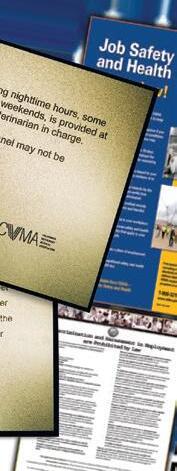
Businesses can incur heavy fines for not posting the proper notices in the workplace. The CVMA offers this updated employee posting consisting of two laminated posters. Order yours today at cvma.net, under Products.
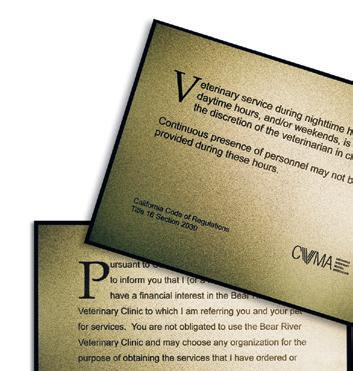
Employee Postings Set
Two laminated posters with new required California and federal postings for practices, including:
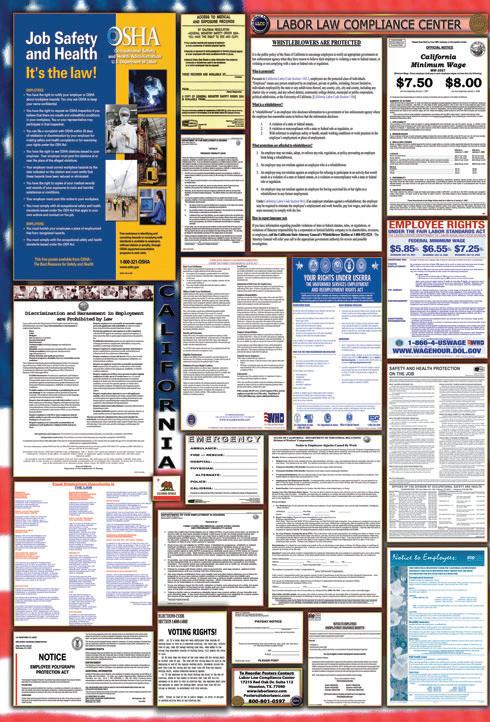
• Cal/OSHA – Safety and Health Protection
• State and Federal Minimum Wage/Pay Day Notice
• DFEH Pregnancy Disability Leave Notice
• Wage Order #5
• Paid Sick Leave Notice/Family Medical Leave Act
• Time Off: Voting, Child Care, School Events
• Workers’ Compensation Notice/If You Get Hurt
• Access to Medical and Exposure Records
• Polygraph Protections
• Equal Employment Opportunity/GINA/USERRA
• EDD – Unemployment/Disability Insurance
• Harassment or Discrimination Notice/Whistleblower Protection
• National Labor Relations Act Rules for Employees
• Employee Special Notices

Local Ordinances (required for select cities) Special posting for practices in select cities. Call the CVMA office for more information at 800.655.2862.
The CVMA offers a series of 8¾” x 11¾” laminated plaques that are suitable for hanging in your practice and meet a number of regulatory requirements.
Required Postings
Proposition 65 Warning (for practices with more than 10 employees)
Continuous Presence Not Provided (required if animals will be left on the premises for any period of time without someone present)
California Abandoned Animal Act (if you hospitalize/board animals)
Financial Interest Disclosure (if applicable)
Written Prescriptions (gives clients written notification that they have the right to receive a written prescription)
Not Required but Recommended
Prescription Drug Dispensing (helpful in explaining restrictions to clients)
1) CVMA.NET shop online – from the home page, go to Products.
2) CALL 800.655.2862 M–F between the hours of 8:30 AM and 5:00 PM.
3) FAX completed form below to: 916.646.9156.
The CVMAGuidetoCal/OSHACompliance $279.00
Online only (no shipping fee or sales tax)
The Radiation Compliance Kit is custom-designed to fulfill all of the regulatory requirements for veterinary practices with radiation-producing equipment. It includes required postings, including the “Caution X-Ray” sign, and radiation safety training materials. The kit also provides detailed instructions on how to implement, document, and audit a radiation compliance program.
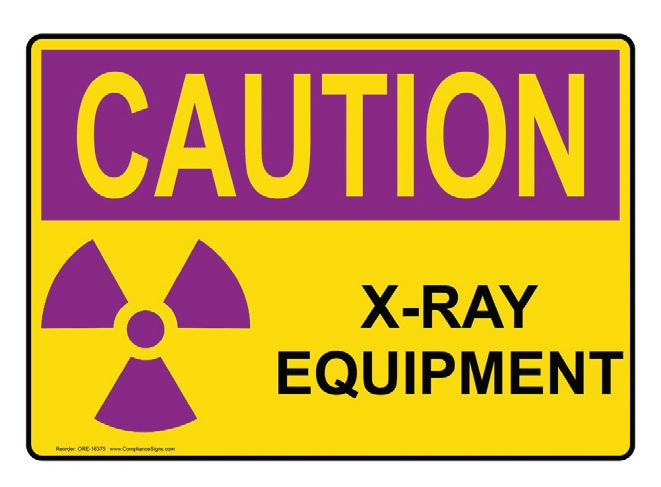
Various regulatory agencies require that every employee be given several pamphlets at the time of hire. It is recommended that employers provide the pamphlets to all current employees if they did not receive them at the time of hire.
Annual Renewal Rate (prior to subscription expiration) $119.00
Employee Postings Set
Local Ordinances (required for select cities) $15.00 $20.00 Call the CVMA office for more information

Regulatory Plaques (per plaque) $39.00 $54.00
Prop. 65 Warning for Employees (CalEPA requirement)
Continuous Presence Not Provided (VMB requirement)
California Abandoned Animal Act (VMB requirement)
Prescription Drug Dispensing – Prior exam required
Written Prescriptions (VMB requirement) Financial Interest Disclosure Plaque*
4) MAIL completed form below to: CVMA, 1400 River Park Dr., Ste. 100, Sacramento, CA 95815. NAME ADDRESS CITY STATE/ZIP PHONE
Check payable to CVMA Visa MasterCard Discover AMEX
CREDIT CARD NUMBER
CARDHOLDER NAME
3-DIGIT SECURITY CODE EXPIRATION DATE
BILLING ADDRESS CITY STATE/ZIP
Please allow up to 10 business days for the CVMA Guide to Cal/OSHA Compliance order to be processed. You will then be able to view the guide online by clicking on the CVMA Guide to Cal/OSHA Compliance link from the CVMA website home page after you log in. Please allow up to three weeks to receive the Employee Postings set, New Hire packets, plaques, and Radiation Compliance Kits. All returned items are subject to a 15% restocking fee. Shipping charges on returns are the customer’s responsibility. Credit will be issued only for returned items in original condition within 30 days. If your

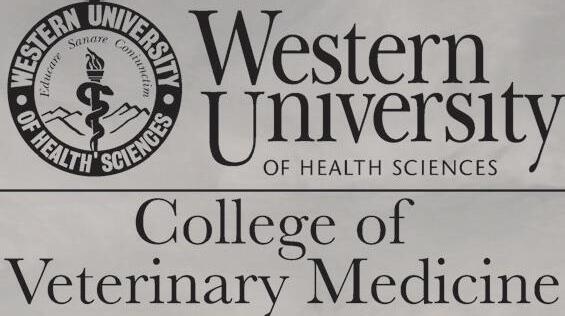





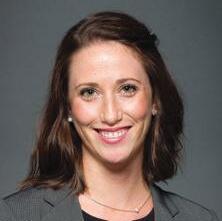

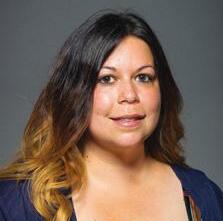
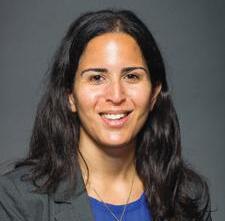


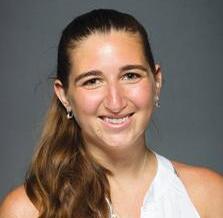



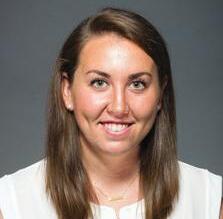






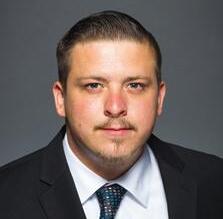
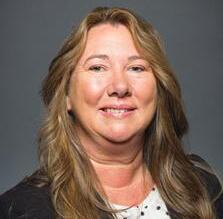
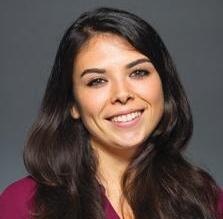

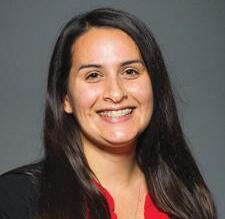
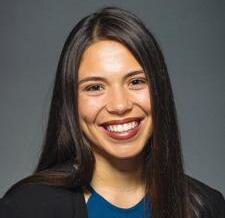


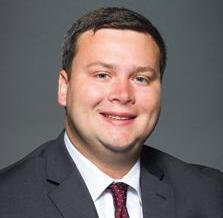
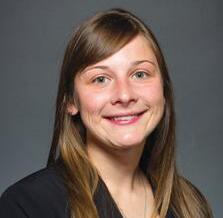






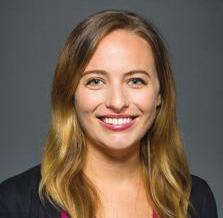
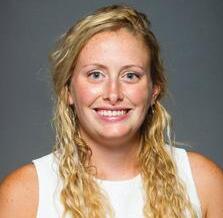


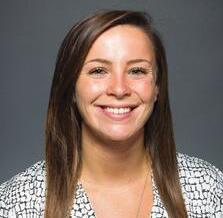


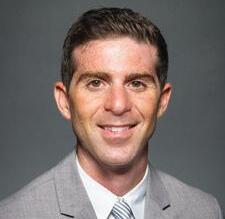



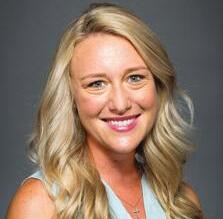




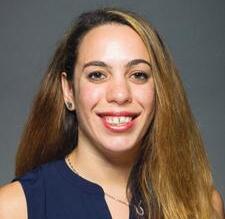






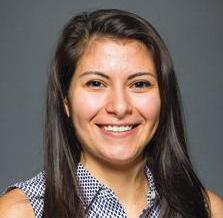

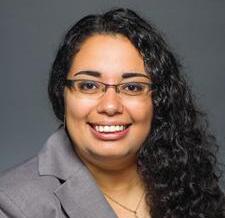
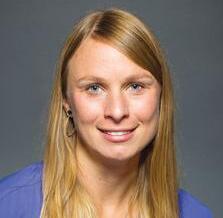
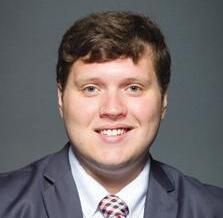

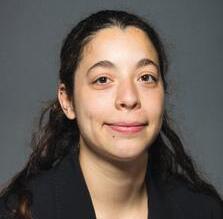



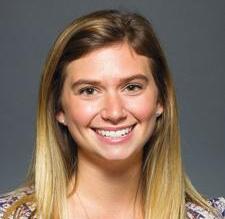

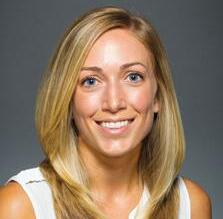
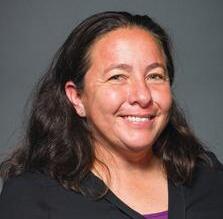
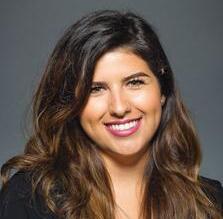
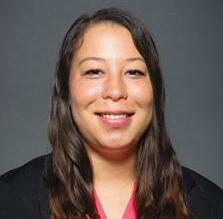
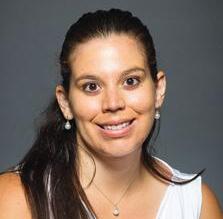


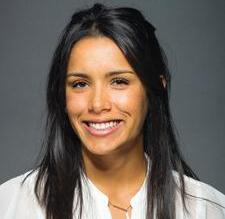

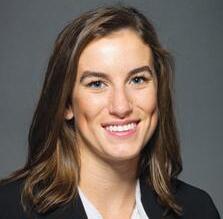


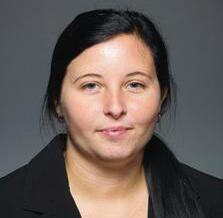








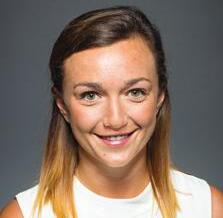

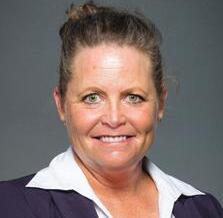
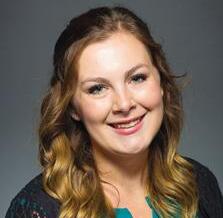












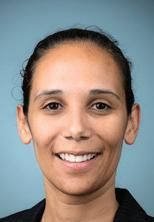















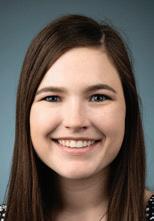
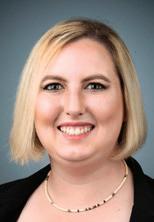


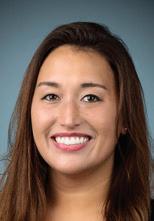
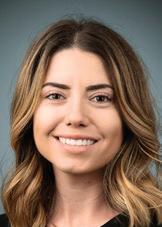

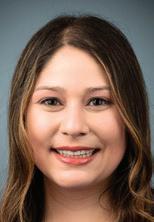


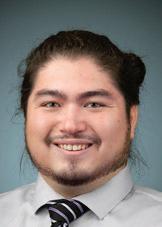
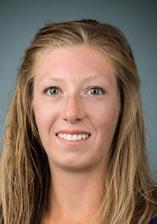















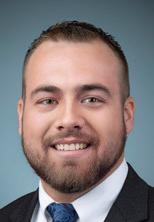
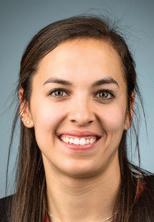





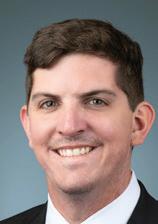



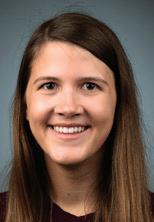

























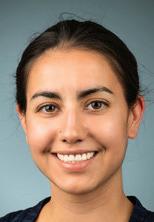



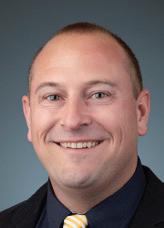
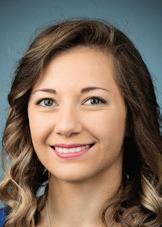






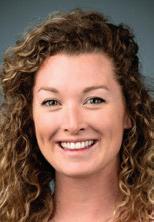
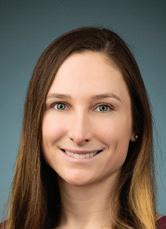
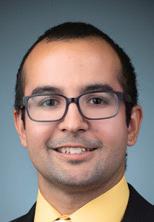



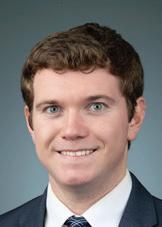





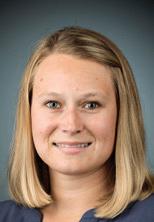

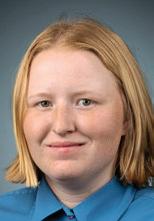

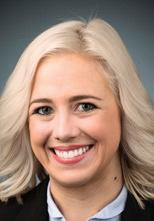


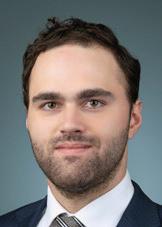












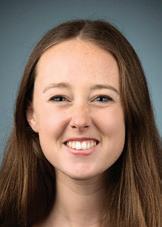






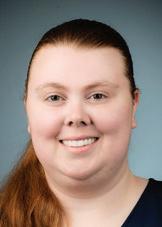


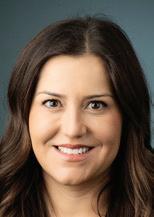
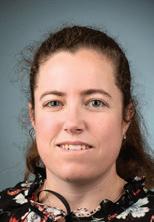
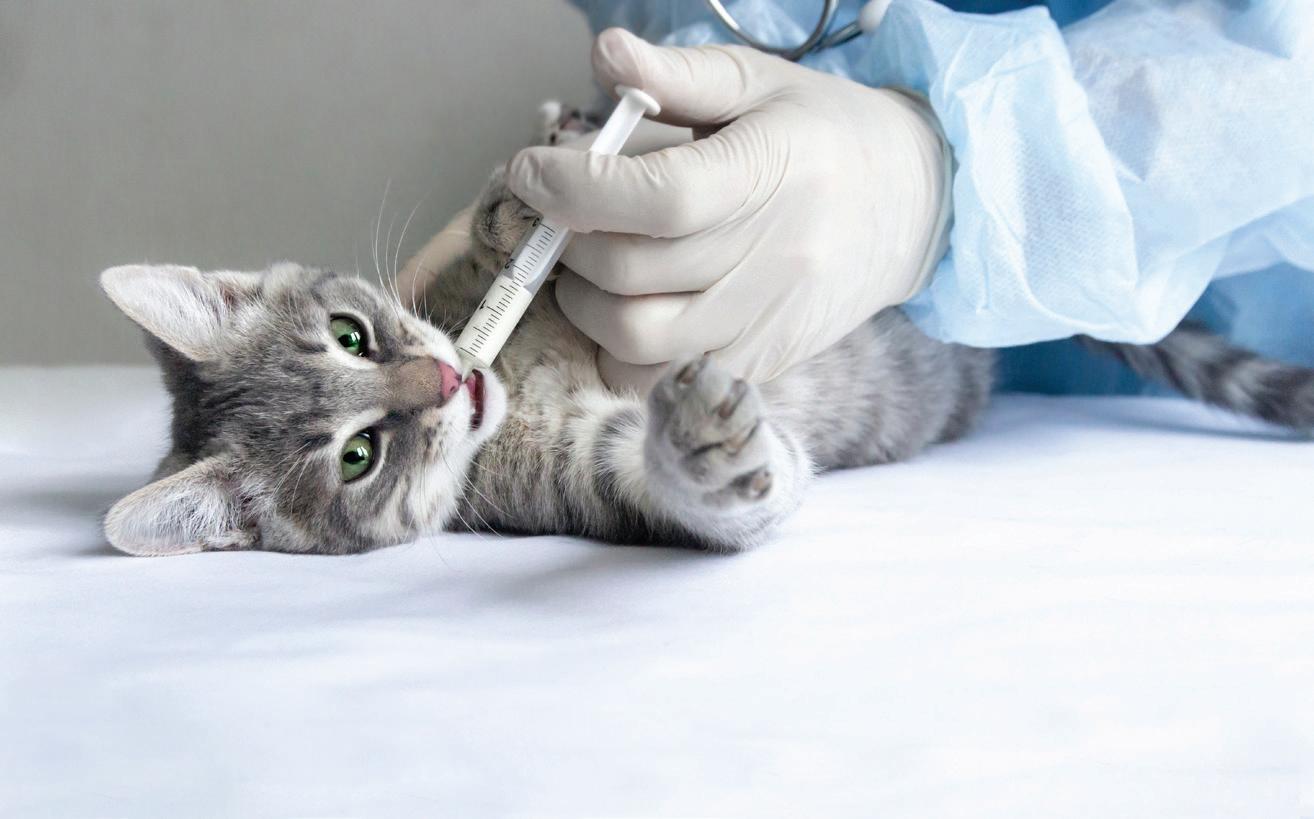
 by Jennifer Davis, DVM, Ph.D., DACVIM (LA), DACVCP
By
by Jennifer Davis, DVM, Ph.D., DACVIM (LA), DACVCP
By
There are many valid reasons to use compounded drug formulations in veterinary practice as there will not always be an approved product for the patient you are trying to treat. Even if there is an approved product, it may not be appropriate for that specific patient based on their size and the strength of the approved products. In these instances, compounded drug formulations can be lifesaving.
However, veterinarians should be cautious when prescribing compounded drugs and ensure they are conversant with the regulations and potential complications associated with this practice. Compounded drugs have not been evaluated for safety, efficacy, stability, strength, or consistency of manufacturing. Therefore, not all compounded drugs are consistent from batch to batch and may not contain the stated amount of drug substance. This can result in drug overdoses or underdoses, either of which can have potentially devastating consequences for patients. Further complications include decreased stability in the vehicle, microbial or chemical contamination of the product, and altered absorption of the drug.
There are several drugs frequently used in veterinary medicine that are known to have decreased oral absorption or decreased efficacy when used in compounded products.
{ Compounded products of the antifungal drug itraconazole have been shown to have minimal oral absorption and should not be used.1, 2 Commercially available itraconazole products (i.e., Itrafungol®, Elanco US) contain solubility enhancers that aid in absorption, whereas compounded products do not.
{ Boehringer Ingelheim Animal Health, the makers of pimobendan (Vetmedin®), have stated that oral liquid or oil-based preparations may have decreased absorption or efficacy.3 Pimobendan is FDA-approved and commercially available for dogs, however shortages of the drug have occurred on occasion, so compounding may be required.
{ Pergolide mesylate is used in horses for the treatment of pituitary pars intermedia dysfunction. Compounded formulations have been shown to be sensitive to both light and high temperatures, with degradation occurring rapidly over time.4
{ Doxycycline is frequently compounded into a liquid form for administration to cats to prevent issues associated with the administration of broken tablets and resulting esophageal ulceration and strictures.5 These formulations need to be monitored for any change in color, which can indicate an oxidation
reaction which parallels drug degradation in the formulation.
{ Transdermal medications are an attractive option for use in cats but not all drugs are suitable for transdermal administration. While some drugs have been found to have a therapeutic efficacy via this route, including methimazole and amlodipine, the onset is slower and the effect not as potent as with oral medications.6, 7 Drugs such as dexamethasone8, fluoxetine9, buspirone and amitriptyline10, and diltiazem11 have all been shown to have minimal to no transdermal absorption or effect.
Given the potential drawbacks of compounding, it is the veterinarian’s responsibility to understand the potential consequences, discuss options with their compounding pharmacist, and educate their clients about the risks and benefits of compounding in practice.
Dr. Davis received her bachelor’s and veterinary degree from VA Tech and both her master’s degree and Ph.D. from NC State. She is board-certi ed in veterinary internal medicine (LA) and veterinary clinical pharmacology. Her current position is associate professor of clinical pharmacology at VA-MD College of Veterinary Medicine. In addition to teaching, Dr. Davis oversees the VetMed Analytical Laboratory, which performs and analyzes pharmacokinetic/toxicokinetic studies.
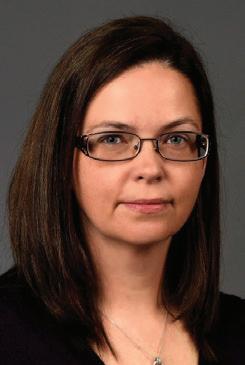
1. Mawby DI, et. al. Comparison of absorption characteristics of oral reference and compounded itraconazole formulations in healthy cats. J Am Vet Med Assoc. 2018; 252(2):195-200.
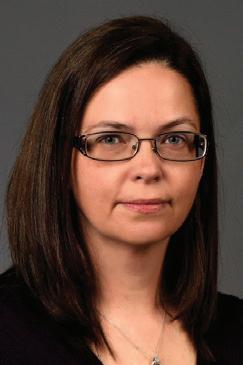
2. Mawby DI, et. al. Bioequivalence of orally administered generic, compounded, and innovator-formulated itraconazole in healthy dogs. J Vet Intern Med. 2014 ;28(1):72-7.
3. Helms SR, et. al. Compounded pimobendan for canine chronic degenerative mitral valve disease and pulmonary hypertension. Int J Pharm Compd. 2012; 16(1):34-41.
4. Davis JL, et. al. Effects of compounding and storage conditions on stability of pergolide mesylate. J Am Vet Med Assoc. 2009; 234(3):385-9.
5. German A, et. al. Oesophageal strictures in cats associated with doxycycline therapy. J Fel Med Surg. 2005;7(1):33-41.
6. Sartor L, et. al. Efficacy and safety of transdermal methimazole in the treatment of cats with hyperthyroidism. J Vet Intern Med 2004;18(5):651-655
7. Helms SR. Treatment of Feline Hypertension With Transdermal Amlodipine: A Pilot Study. J Am Anim Hosp Assoc 2007; 43(3):149-156.
8. Willis-Goulet H, et. al. Comparison of serum dexamethasone concentrations in cats after oral or transdermal administration using pluronic lecithin organogel (PLO): a pilot study. Vet Dermatol 2003; 14(2):83-89.
9. Ciribassi J, et. al. Comparative bioavailability of fluoxetine after transdermal and oral administration to healthy cats. Amer J Vet Res 2003; 64(8):994-998.
10. Mealey KL, et. al. Systemic absorption of amitriptyline and buspirone after oral and transdermal administration to healthy cats. J Vet Intern Med 2004; 18(1):43-6.
11. DeFrancesco TC. Transdermal cardiac therapy in cats: the NCSU experience. 21st Annual ACVIM Veterinary Medical Forum, Charlotte, NC. 2003.

October 9–11, 2020
The CVMA Fall Seminar is a CE experience for your mind, body, and spirit. Veterinarians and technicians are invited to join us for morning sessions of thought-provoking CE presented by topnotch speakers. After exercising your mind, spend your afternoons adventuring in this spectacular desert setting. Take a walk on the wild side at the Living Desert Zoo, take the aerial tramway to the top of the San Jacinto Mountains for a jaw dropping view, hike, golf or enjoy an afternoon of retail therapy. When you’re ready for a rest, indulge in a relaxing spa treatment, or lounging poolside. However you choose to enjoy Palm Springs, there is no better way to combine learning and leisure!
Seminar Hotel
The Renaissance Palm Springs Hotel
888 E. Tahquitz Canyon Way
Palm Springs, CA 92262
Discounted room rate
$179 per night plus taxes until September 6, 2020.

Discounted rate available until the deadline or until the group block fills up, whichever comes first. (*No resort fee, all amenities included.) Book your room online at cvma.net or call 888.682.1238 and ask for the CVMA Fall Seminar room rate.
Veterinarian Track (Friday-Sunday · 12 CEUs)
Topics: Radiology and Dermatology
Technician Track (Saturday–Sunday • 8 CEUs)
Topic: Dentistry
Sponsored by
We will continue to monitor the changing social distancing mandates resulting from the COVID-19 outbreak to determine if our CVMA in-person events can take place. We will take all necessary precautions to ensure the health and safety of all attendees, following guidance from the CDC, and state and local agencies. If meeting plans should change, we will provide updates on cvma.net and notify participants immediately.
For more information on this and other CVMA CE events, visit the Learning tab at cvma.net or call 800.655.2862.
The California Licensing Curriculum (CLC) enables qualified out-ofstate veterinarians to obtain a California license without taking the state board examination by attending this three and one-half day course. Attending the CLC is one requirement to convert a temporary California license into a permanent one or to become licensed in California without taking the California state license exam. Visit the Learning tab on cvma.net for more information.
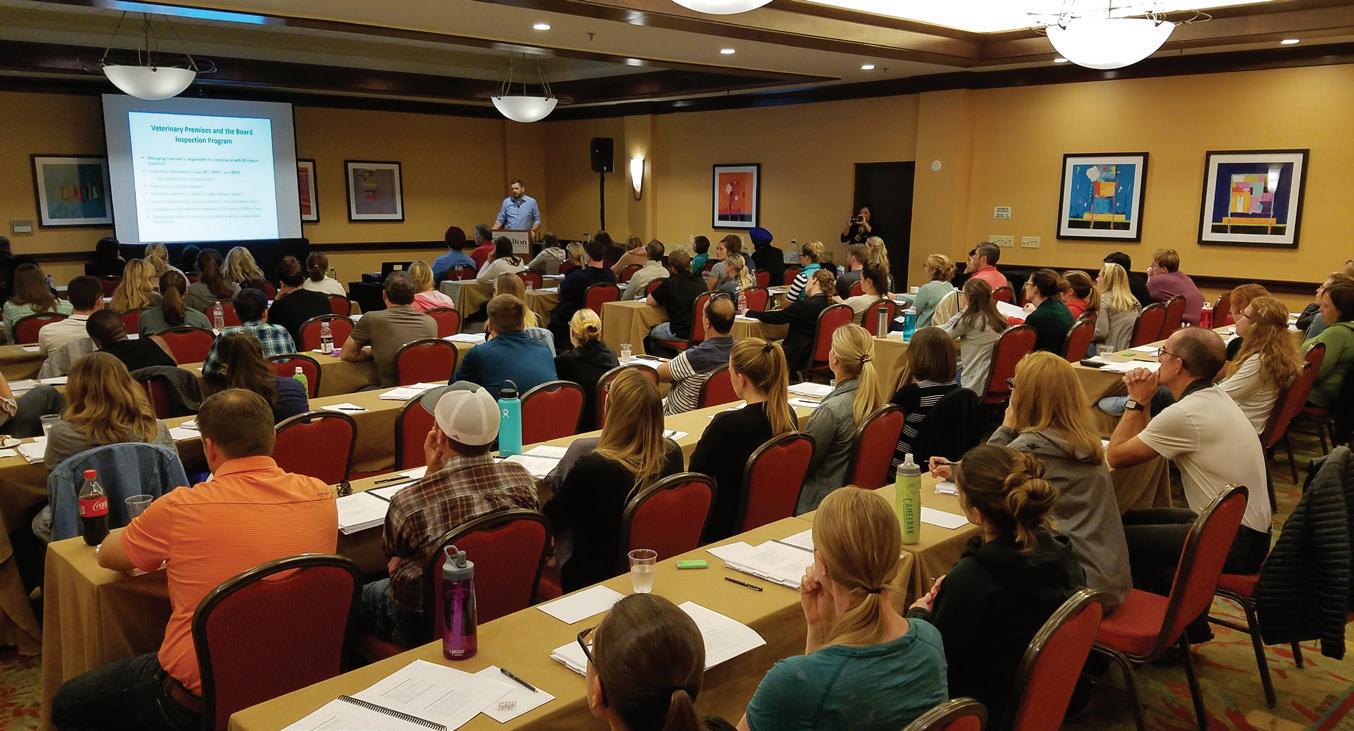
The CLC offers 29.5 CEUs and is also open to those who are in need of additional CE units.
Location
Hilton Sacramento Arden West
2200 Harvard Street, Sacramento, CA 95815
Discounted room rate
$149 per night plus tax until August 24, 2020
Discounted rate available until the deadline or until the group block fills up, whichever comes first.
Who can attend CLC?
{ Veterinarians currently holding a California temporary license.
{ Veterinarians who have practiced clinical veterinary medicine for a minimum of 2,944 hours of clinical practice within the last three years.
{ Veterinarians with a valid license in good standing in another U.S. state, U.S. territory, or Canadian province who wish to obtain a permanent California license.
{ Veterinarians working in California universities or public health who do not have a California license.
Why choose Gatto McFerson to conduct your practice valuation?
• We have valued over 315 veterinary practices and clinics

• We have the tax expertise you need when buying or selling
• We are Accredited in Business Valuations, a certification that only CPAs can hold
• We are an independent adviser with no financial stake in the transaction
We are experts in all aspects of:
• Buying and selling a veterinary practice or clinic
• Facilitating associate buy-ins
• Preparing an exit strategy
• Creating an estate plan
• Increasing the value of your practice
To maximize value and minimize taxes, contact: Lou Gatto, CPA lou@gattomcferson.com
Tom McFerson, CPA, ABV tom@gattomcferson.com
{ California licensed veterinarians needing additional CE units. 528 Arizona
We will continue to monitor the changing social distancing mandates resulting from the COVID-19 outbreak to determine if our CVMA in-person events can take place. We will take all necessary precautions to ensure the health and safety of all attendees, following guidance from the CDC, and state and local agencies. If meeting plans should change, we will provide updates on cvma.net and notify participants immediately.
Veterinarian
Dr. Deborah Adams
Dr. Sarah Anger
Dr. Jessica Anderson
Dr. Stephen Artim
Dr. Ti any Azevedo
Dr. Danielle Bergan Lamee
Dr. James Brown
Dr. Aglaia Cardona
Dr. Todd Cecil
Dr. Brina Chandler
Dr. Deirdre Cosby
Dr. Meghan DeClue
Dr. Kim Delkener
Dr. Elizabeth Edmundson
Dr. Omar El-Taliawi
Dr. Colleen Engel
Dr. Joshua Ettlin
Dr. Mary Beth Farhart
Dr. Lara Garman
Dr. Jill Granite
Dr. Lisa Grim
Dr. Janie Guirguis
Dr. Trina Hazzah
Dr. Crystal Heath
Dr. David Innes
Dr. Bahman Kiaei
Dr. Jennifer Kong
Dr. Derek LaVoie
Dr. Jennifer Lawrence
Dr. Amanda Lee
Dr. Brett Leonard
Dr. Claude Lessard-Amyot
Dr. Harbhajan Luthra
Dr. Alfredo Madriaga
Dr. Jeremy Mercer
Dr. Sarah Mihalek
Dr. Megan Oelstrom
Dr. Heather Oman
Dr. Je rey Pelton
Dr. Andrew Phositlimpagul
Dr. Aaron Porterfield
Dr. Holly Richards
Dr. Annette Richmond
Dr. Rachel Rowen
Dr. Shira Rubin
Dr. Paul Rumsey
Dr. Audrey Staton
Dr. Jennifer Stirewalt
Dr. Celia Valverde
Dr. Mark Vanderlist
Dr. Megan Whisler
Dr. Pamela Wilson
Dr. Linda Wong
Dr. Alyse Zacuto
Veterinarian 1st Year
Graduate
Dr. Alejandro Calderon
Dr. Hailey Dideriksen
Dr. Chloe Harrington
Dr. Hayley Ho man
Dr. Edith Jovel
Dr. Pablo Leano
Dr. Sidrah Nisar
Dr. Kaylee Otterson
Dr. Sheryl Rathfelder
Dr. Dayana Sharma
Dr. Rhiannon Spritzer
Dr. R Karen Taylor
Dr. Kalee Terrill
Veterinarian 2nd Year
Graduate
Dr. Krystal Burns
Dr. Hyunyoung Cho
Dr. Jennifer Engelhard
Dr. Alvin Hong
Dr. Ee Len Lo
Dr. Sara Vigue
Veterinarian 3rd Year
Graduate
Dr. Anna Amend
Dr. Cynthia Davidson
Dr. Victoria Ne
Veterinarian 4th Year
Graduate
Dr. Chung Min Huang
Dr. Sari Koskinen
Dr. Cynthia Rodarte
Dr. Nicole Varallo
Veterinarian Faculty
Dr. Suzie Kovacs
Dr. Tracey McNamara
Dr. Jin Yu
Veterinarian –Out of State
Dr. Yejide Myers
Dr. Michelle Rutledge-Walker
Dr. Dean Wilson
Registered Veterinary Technician
Brianna Abeyta, RVT
Jordan Adkison, RVT
Myra Alanis-Palomares, RVT
Danielle Allain, RVT
Jennifer Austin, RVT
Jenna Lee Bennett, RVT
Ashley Breucop, RVT
Patricia Carazo, RVT
Tanya Chantara, RVT
Joyce Choo-Torres, RVT
Karen Chow, RVT
Nicole Conley, RVT
Taylor Correa, RVT
Carlee Curtis, RVT
Olivia Daniel, RVT
Nicole Davis, RVT
Bliss Day, RVT
Cassie Delaplain, RVT
Arleen Diliam-Castillo, RVT
Jessica Duran, RVT
Jane Eckert, RVT
Wendy Formo, RVT
Alma Fosados, RVT
Abigail Garay Ruiz, RVT
Keri Garcia, RVT
Patricia Golder, RVT
Stephany Helbig, RVT
Kirsten Hendrickson, RVT
Megan Hering, RVT
Lauren Ianni, RVT
Adena Jochnowitz, RVT
Kaitlyn Lainhart, RVT
Heather Lammi, RVT
Candice Leal, RVT
Clarissa Liimatainen, RVT
Peter Lunsford, RVT
Natalie Mark, RVT
Shalyn McKinley, RVT
Brittney Medrano, RVT
Allyne Moon, RVT
Monica Moreno, RVT
Zachary Morris, RVT
Shaley O’Hanlon, RVT
Kristi Orizaga, RVT
Matthew Ostermann, RVT
Sophia Padilla, RVT
Brittany Parsons, RVT
Shelby Patrick, RVT
Alexis Peterson, RVT
Diana Portillo, RVT
Monika Pumberger, RVT
Kirsten Qustberg, RVT
Robert Robles, RVT
Alejandra Sanchez, RVT
Colin Smith, RVT
Misti Soo Hoo, RVT
Aubrey St. Marie, RVT
Ellen Hsin-ning Teng, RVT
Ashley Wong, RVT
Ada Zheng, RVT
CVMA Certified Veterinary Assistant
Cayla Cross, CVMA CVA
Jessica Drain, CVMA CVA
Jadyn Mueller, CVMA CVA
Sarah Navarro, CVMA CVA
Andrea Neidhardt, CVMA CVA
Veterinary Hospital Staff
Kaitlyn McMorran
Cecilia Wright
Practice and Real Estate Sales
Ellie Wattles, DVM, President, Broker
Beka Herrera, Vice President, Broker
Connie Burke, CPA, CVA, CM&AA
GREATER SACRAMENTO- NEW LISTING: This historic town is located just 30 minutes north of Sacramento within Placer County, paradise for outdoor enthusiasts, wine connoisseurs, foodies and history buffs alike. The practice is located on a major thoroughfare with excellent visibility and ample parking. Efficient ~1,900 sq. ft. free-standing facility. Computerized practice includes digital X-Ray and IDEXX lab 2019 Gross ~$798,000. Currently operated as a 1 DVM practice with a great staff. PRACTICE PRICE: $500, 000 REAL ESTATE PRICE: $420, 000
LOS ANGELES, COASTAL- MAJOR PRICE REDUCTION: Rare opportunity to own a well- established practice located in an excellent area. The city includes a state university, along with a harbor port, airport. ~1,100 sq.ft free-standing facility. Equipment includes Abaxis VS2 lab, dental unit, Digital DR X-Ray. 2019 net sales ~$556,000. NEW PRACTICE PRICE: $350,000 NEW REAL ESTATE PRICE: $550,000 OWNER WILL CONSIDER CRE SELLER FINANCING AT ASKING PRICES MOTIVATED SELLER, MUST SELL NOW
ORANGE COUNTY, COASTAL- Priced to sell q u i c k l y : This charming community offers ideal weather, a diversified economy & excellent educational system. The city is located near three airports: (SNA), (LGB), & (LAX). PX is located in a newly renovated urban shopping center. Efficient leased facility ~ 1,200 sq. ft. w// 2 exam rooms, 3 runs & several cages. 2019 Gross ~$554K produced w/eextremely limited, part time DVM hours. Significant growth potential with new energetic owner-operator. Currently, the PX values at greater than 1 year’s gross. P PX PRICE ONLY: $470,900.
VENTURA COUNTY, COASTAL: Located in a beautiful coastal city, just 60 miles north of LA. Endless outdoor activities, including kayaking, surfing, whale watching, diving, and hiking. City offers wide variety of restaurants & shops. Diverse economic base & excellent schools. Attractive, spacious, well organized ~3000 sq. ft. facility with excellent visibility & ample parking. 3 exam rooms. 2019 Gross ~$714K. P PX PRICE: $400, 000
SOLANO COUNTY, on the Sacramento River: This growing suburban community is located between the East Bay & Sacramento. ~ 3,900 sq. ft. leased facility offers 2 exam rooms, several cages & separate storage area. Well staffed PX with 3 RVTs. Equipment includes IDEXX lab station & CR- X-Ray. 2019 gross ~$816,000 produced with no weekend hours. Excellent profitability. Areas for growth. PRACTICE PRICE: $740, 000
CAMARILLO: Great Community! Price reduction, PX offered at less than a start-up Located in an upscale community w/ excellent amenities, desirable demographics & highly rated schools. Attractive & modern, ~1,800 sq. ft leased facility is strategically located in popular shopping center. Under utilized practice with limited DVM hours. 2018 Gross ~$407,000. M Motivated Seller NEW REDUCED PRACTICE PRICE: $225, 000
M MENDOCINO COUNTY: Just 2 hours north of the San Francisco Bay Area & west of Sacramento. This area boasts spectacular scenery & distinctive wineries. Hundreds of miles of hiking trails, verdant hills & secluded lakes residents can easily find solitude & beauty. 1 PT DVM PX. ~1,500 sqft leasehold facility located in a small strip-center. 2019 Gross~ $396,000 produced with very limited hours. P PX PRICE ONLY: $120, 000.
O R A NGE COUNTY, NORTH: The city is located within easy driving distance of beaches, theme parks & mountains and all of SoCal s attractions. Wellestablished PX located along a major thoroughfare and surrounded by housing communities. Roomy leasehold facility ~ 3,200 sq. ft. w/ 3 exam rooms, 35+ cages & 10+ runs. 2019 Projected Gross ~$700K produced w/ limited DVM hours. Growth potential. N NEW LISTING! PX PRICE: $550, 000
GREATER SAN DIEGO: Wonderful community known for its high quality suburban lifestyle. Easy access to retail, commercial areas, beach cities & outdoor activities. Outstanding school district. Leased facility ~ 2,000 sq. ft. w/ 3 exam rooms, digital X-RAY, digital dental X-RAY & complete inhouse lab. 2019 Gross ~$607,000 produced with limited DVM hours. MOTIVATED SELLER PRACTICE PRICE ONLY: $350,000
545 Sespe Avenue Fillmore, CA 93015 Phone: 805.524.3195 Fax: 805.524.3192
E-mail: PacProInc@aol.com Website: www.pacificproinc.com
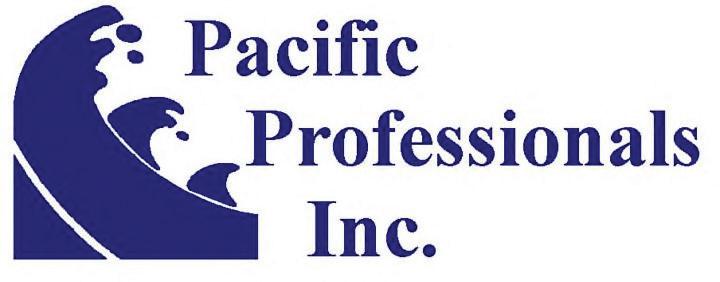
Place your ad in the Career Center at cvma.net. There are two options for classified advertising:
1. Online advertising
2. Online and in one issue of the California Veterinarian
CVMA Members NonMembers
*Price includes the first six lines of text. Each additional line is $10/$11 for non-members. A line consists of approximately 50 characters.
**If you wish to place a print ad only, contact Laura Phillips at 916.649.0599 or classifieds@cvma.net.
Online only
30 days online $149 $199
60 days online $249 $299
90 days online $349 $399
Online and in one issue of the California Veterinarian
60 days online + one issue of the California Veterinarian $299 $349
90 days online + one issue of the California Veterinarian $399 $449
POST AN ANONYMOUS AD OR RESUME
Resume – Post a confidential resume. Go to cvma.net. Click on the Resources tab then Classifieds in the right menu to get started.
Ad – Place a confidential ad by creating an anonymous email address and using it when posting your ad.
Looking for compassionate, enthusiastic small animal veterinarian to work at our 2-doctor practice in beautiful South Lake Tahoe. General surgery, medicine, ultrasound, digital radiology, dentistry, and more. No after-hours emergency. Commitment to our clients and patients an absolute must. Highly trained staff, flexible hours, pay based on production. Valid CA veterinary license. At least 6 months practice experience or internship preferred. Email npowell@bluelakevet.com.
Valley Animal Hospital is the highest rated small animal clinic in Merced County. Our mission is to provide Pets and Clients with: High Quality and Affordable Veterinary Care, A Compassionate and Comfortable Environment, and Excellent Service. We have 4 DVMs who work together and a great team of ~30 motivated employees. We value Client Communication AND Quality
If you have any questions, please contact customer service at 860.437.5700, clientserv@yourmembership.com, or classifieds@cvma.net.
DEADLINE DATES FOR AD SUBMISSIONS IN THE CALIFORNIA VETERINARIAN:
Issue
Jan/Feb
March/April
May/June
July/Aug
Sept/Oct
Nov/Dec
Deadline
December 5
February 5
April 5
June 5
August 5
October 5
If your ad is received after the deadline, it will go into the following month’s California Veterinarian. After the deadline, the CVMA cannot alter or cancel ads. The CVMA reserves the right to edit copy and does not assume liability for contents of classified advertising. Prices subject to change without notice.
Medicine. We have digital x-ray & digital dental, electrocautery, ultrasound, Cardell monitors, in house IDEXX CBC/Chem and much more. We perform a lot of surgery, including soft tissue and orthopedics (ACL, luxating patellas & fracture repair.) VAH is very involved in the Merced Community and in the Animal Rescue community. We provide a Low Cost Spay/Neuter through a program administered by a local non-profit group. Merced, California is a growing community and one of the ‘most affordable’ places to live in California. With UC Merced nearby, the community (and our clientele) are going to continue to grow over the decades. We offer a base salary + productionbased compensation package with excellent benefits that includes health and dental insurance, continuing education, 401k matching retirement plan, association dues, vacation and more. We will give you the opportunity to make between $100K - $140K — the rest is up to you. A 4-Day Work Week is an option. Anticipate that you will be working 2 or 3 Saturdays of each month. We have NO emergency work after hours. Job duties would include basic wellness care as well as managing your caseloads (surgical, medical, and dental), treating your staff kindly and providing superior client service. All California-
licensed DVMs are welcome to apply. Please send resume or contact Jon Klingborg, DVM at drklingborg@me.com. Check us out at vahmerced.com.
Jackson Creek Veterinary Clinic is seeking a full- or parttime associate to join our 7-DVM, small animal general practice in Northern California. In our Sierra foothills location, we have served our loyal clientele since 1990 and take pride in our many long-lasting relationships in the community, including many local animal rescues. We provide a wide range of services including soft tissue and orthopedic surgery, digital and dental radiography, reproductive services, ultrasound, in-house labs, and acupuncture. We are located an hour away from the many referral facilities in the Sacramento area, and we work with nearby specialists when needed, but we also have more exposure to complex medical or surgical cases when clients prefer to keep their patients in house. Whether you’re an experienced Vet or a new graduate, Jackson Creek is the perfect place to hone your craft as a well-rounded clinician. Our highly-skilled team of RVTs and assistants supports our associates in all facets of patient care, allowing you to focus on practicing medicine. The Sierra foothills are a beautiful part of our state, with something for everyone. We are located 45 minutes from Folsom, an hour from Sacramento, less than 2 hours from Lake Tahoe, and 2 hours to the Bay area. Jackson is a former gold mining town, now growing and straddling the suburban/rural interface. Our local Amador county wine country is extensive, award-winning, and delicious! Our corner of the foothills is a great place for anyone wanting to settle down in a quiet country setting, but close enough to the city that you won’t miss a beat. Our ideal candidate is friendly, compassionate, a good communicator, and motivated to care for pets and people. Shelter medicine, HQHVSN or exotic/wildlife experience are a plus, but the freedom to pursue your niche in veterinary medicine is encouraged. New graduates are welcome to apply. Must be licensed to practice in California. Sign-on bonus commensurate with experience, salary with monthly production bonus, relocation assistance, health, dental and vision insurance, short and long-term disability insurance, life insurance, 401(k) with employer match, sponsored AVMA PLIT, continuing education allowance, reimbursement of licensure and dues. Email jcvcmanager@gmail.com.
Associate Veterinarian (Recent Grads Welcome) wanted to join our fast-paced, well-established- 8 doctor veterinary practice located in a rural community with a low cost of
living. We are in the heart of the Central Valley; 2 hours west of Yosemite, 2 hours from San Francisco and 2 hours from Napa. Turlock offers a vibrant nightlife with our restaurant row, boutique shopping, and is a great place to raise a family with great schools and parks. We desire a smart, enthusiastic, energetic, client oriented veterinarian with strong internal medicine and surgical skills. Top of the line equipment including digital radiography, brand new endoscope machine, brand new ultrasound machine, hydrotherapy unit, and more. We offer Canine Rehabilitation and Acupuncture and are a Feline Friendly Gold certified hospital. Support staff is phenomenal and great mentorship program. No ER shifts. 24-32 scheduled hours/week. Great work/life balance. $110,000-$175,000/year base salary DOE with 20% production pay, great benefits, with partnership potential for the right associate (we are NOT corporate).
Signing Bonus and Relocation Allowance negotiable. Contact Sara Leimgruber at sleimgruber@valleycrittercare. com or 925.518.9104.
Nipomo Dog and Cat Hospital is seeking a motivated, enthusiastic, compassionate individual to join our collaborative team of veterinarians. Our small animal clinic is committed to practicing the highest standards of patient care in general medicine, dentistry and surgery. Our modern, light-filled hospital includes digital radiographs, digital dental radiographs, in-house laboratory equipment, and a new ultrasound unit. We have an energetic, friendly and welltrained support staff including several very experienced RVTs. We also work closely with a local non-profit organization, Animals In Need Fund, which helps underserved pet owners care for their pets. Our small town of Nipomo, located on the Central Coast of California, recently topped the list as the best climate in the nation! We are conveniently located near San Luis Obispo, Pismo and Avila Beaches, Morro Bay and Santa Ynez, with Santa Barbara and Cambria just short drives away. We offer a complete benefits package with health and disability insurance, 401k, generous CE, and relocation assistance. For more information, or a confidential career discussion, please email your resume to Dr. Maggie Wagner. Email mgmnt@nipomodogandcat.com.
We are a small animal hospital located in Imperial, California in an area with a need for more veterinarians. We mostly see dogs and cats, but we also see birds and a small number of exotic animals. We do many spay and neuter procedures, which would give you plenty of opportunity to improve your surgical skills, and practice your veterinary knowledge while
working with an experienced veterinarian and staff. New grads are welcome to apply. Health insurance stipend, CE stipend, and paid time off available. If interested direct any inquires to Craig Satow DVM, at desertdvm@aol.com.
We have f/t or p/t position for a small animal veterinarian in a high energy, warm and caring clinic with excellent long-term clients and highly skilled support staff. We are willing to mentor new graduates with positive attitudes and a willingness to grow in skills. We provide a competitive prosal salary, ce, medical, dental, 401 k plan and the ability to shape your own future in an exciting professional setting. The clinic setting includes digital radiography, in-house laboratory equipment and therapeutic laser. We are based in central coastal San Diego minutes from beaches were you can have the ideal work/life balance. Email Clairemontvet@yahoo.com.
VetRelief.com welcomes DOCTORS and HOSPITALS to teamup and conveniently match your employment expectations. HOSPITALS: create an account, then post your jobs which include job’s dates, shifts, and your project’s description. Relief veterinarians will bid on your jobs. DOCTORS and HOSPITALS: together, you may negotiate conveniently and securely via VetRelief’s web site to ensure a good match. There is no commitment until Doctor and Hospital agree. Learn more at https://vetrelief.com, smarthire@vetrelief.com, call or text 949.899.(VETS)8387.
Multi-DVM, Small Animal Clinic for sale in Santa Clara County, CA - Beautiful Setting! Grossed well over $1.7 million in 2019. The EBITDA is approximately $298,982. A new owner can expect an after-debt income of approximately $285,728. The practice is a 2,500 sq. ft., free standing facility that sits on a beautiful 4.95-
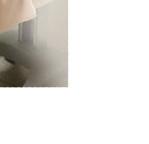















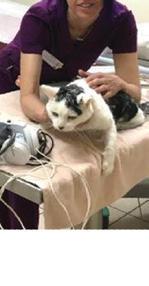
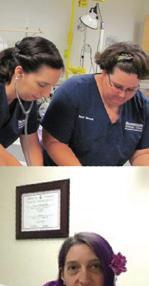
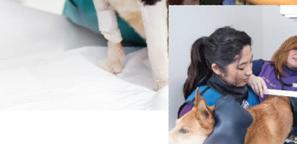
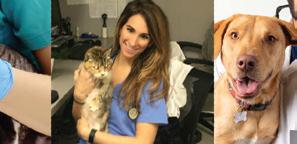
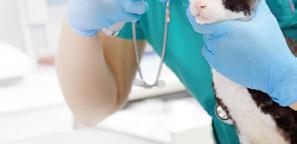
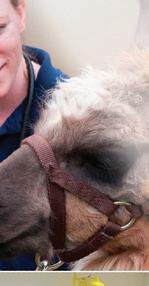




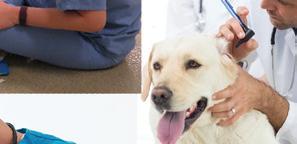
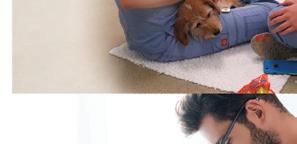
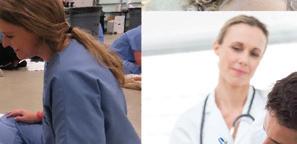
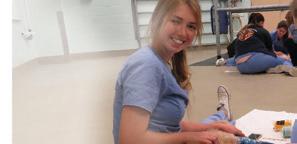
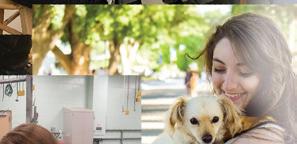
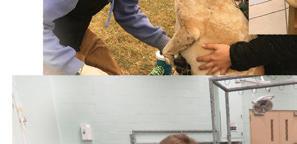
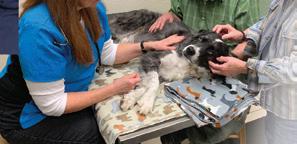
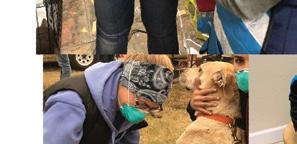
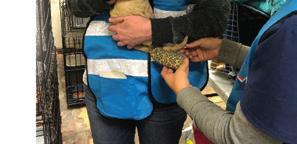
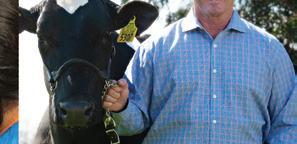
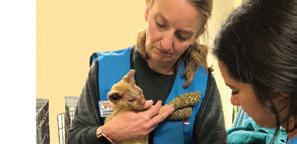

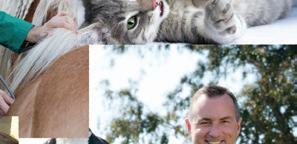
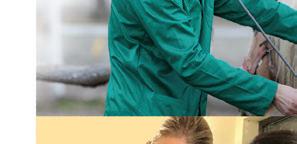


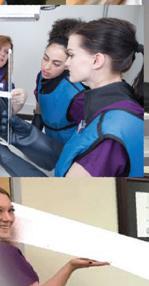
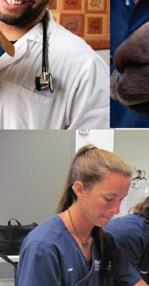

Thank you to our members from across the state, working as essential service providers during the COVID-19 pandemic.

Your patients thank you. Your clients thank you. And we thank you!


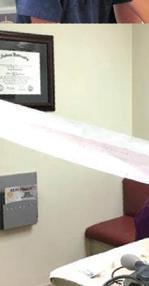







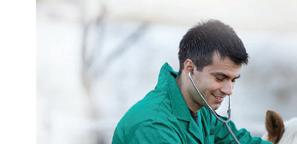















profession is unique. Your
should be, too.